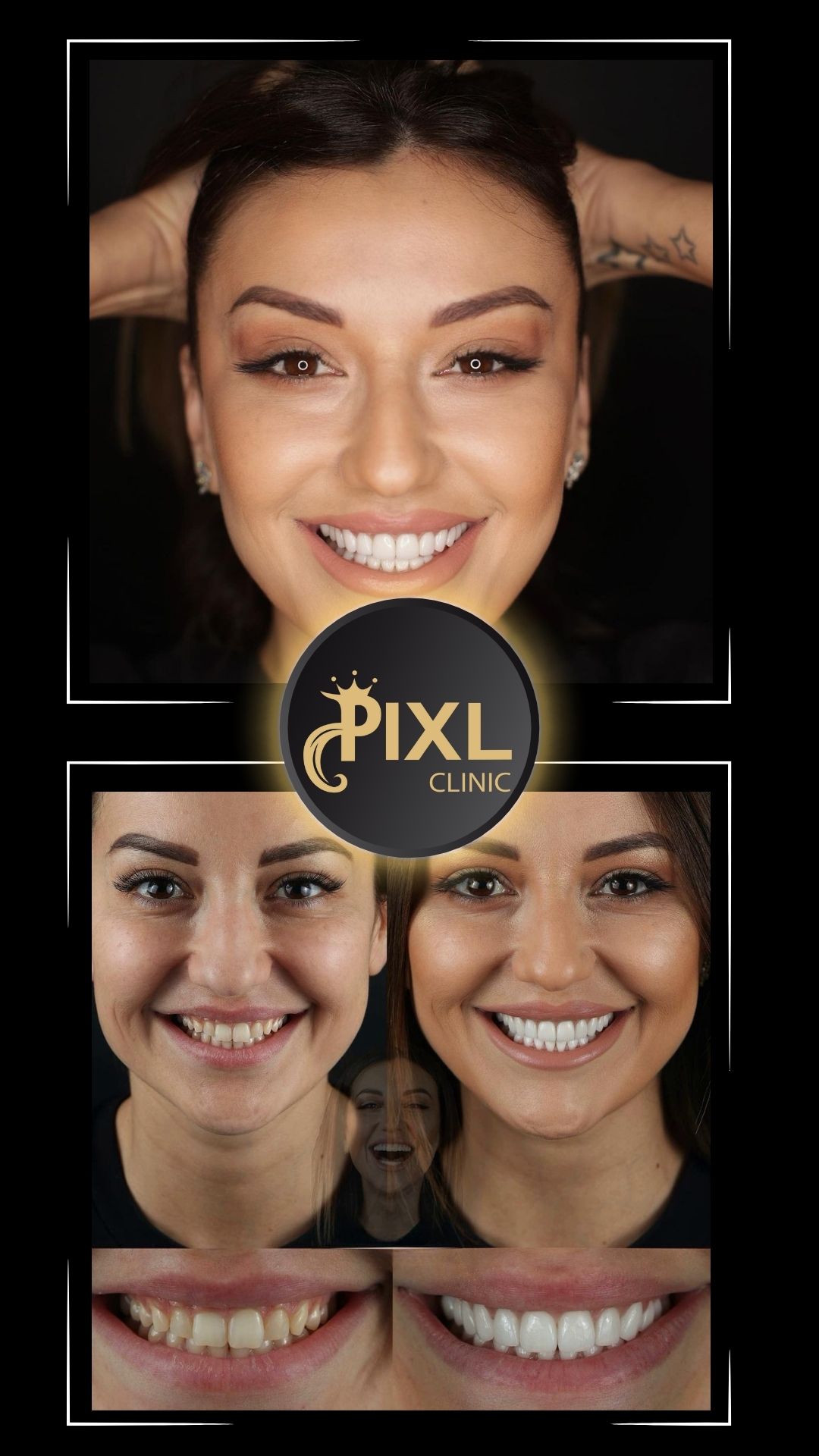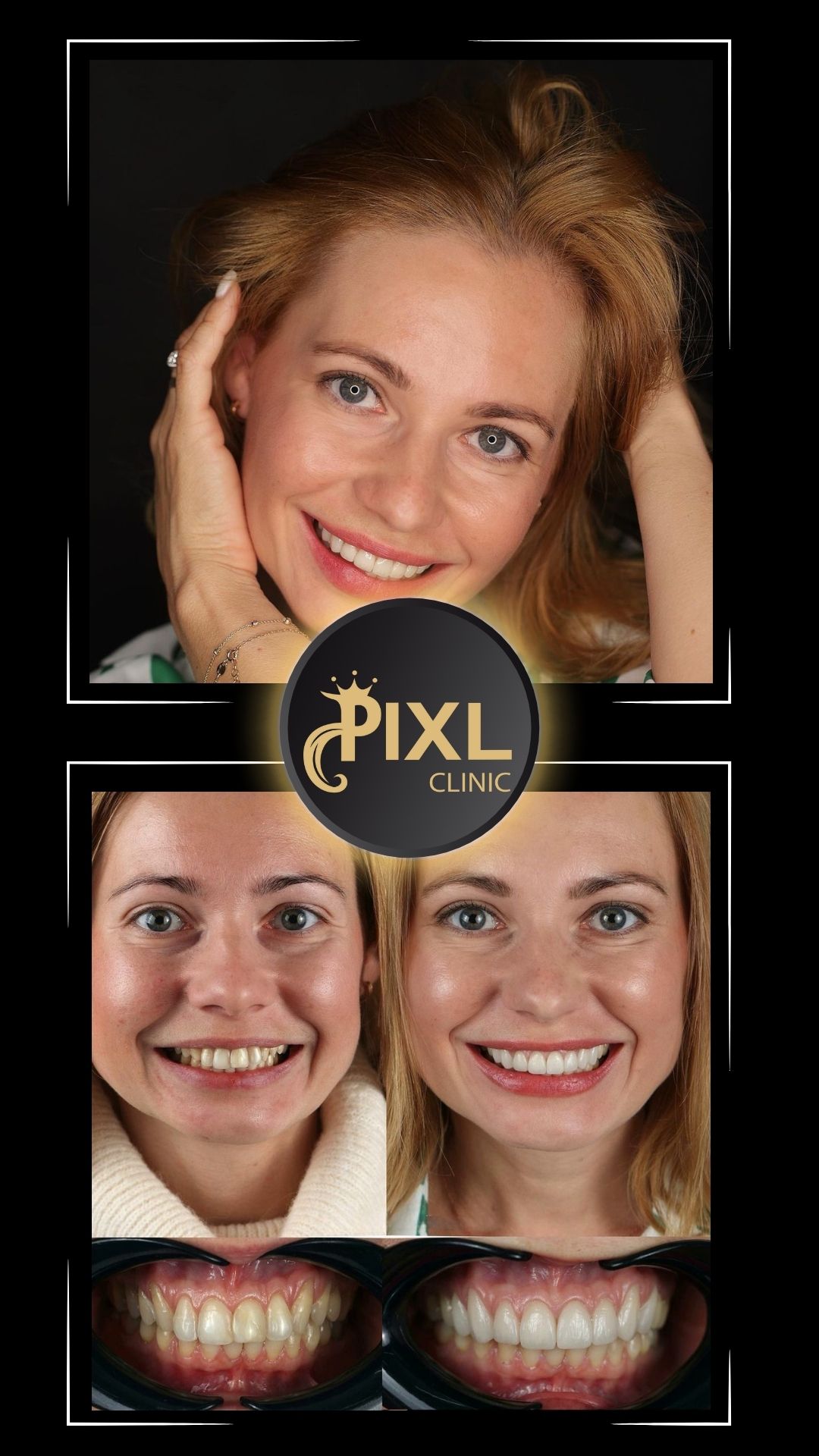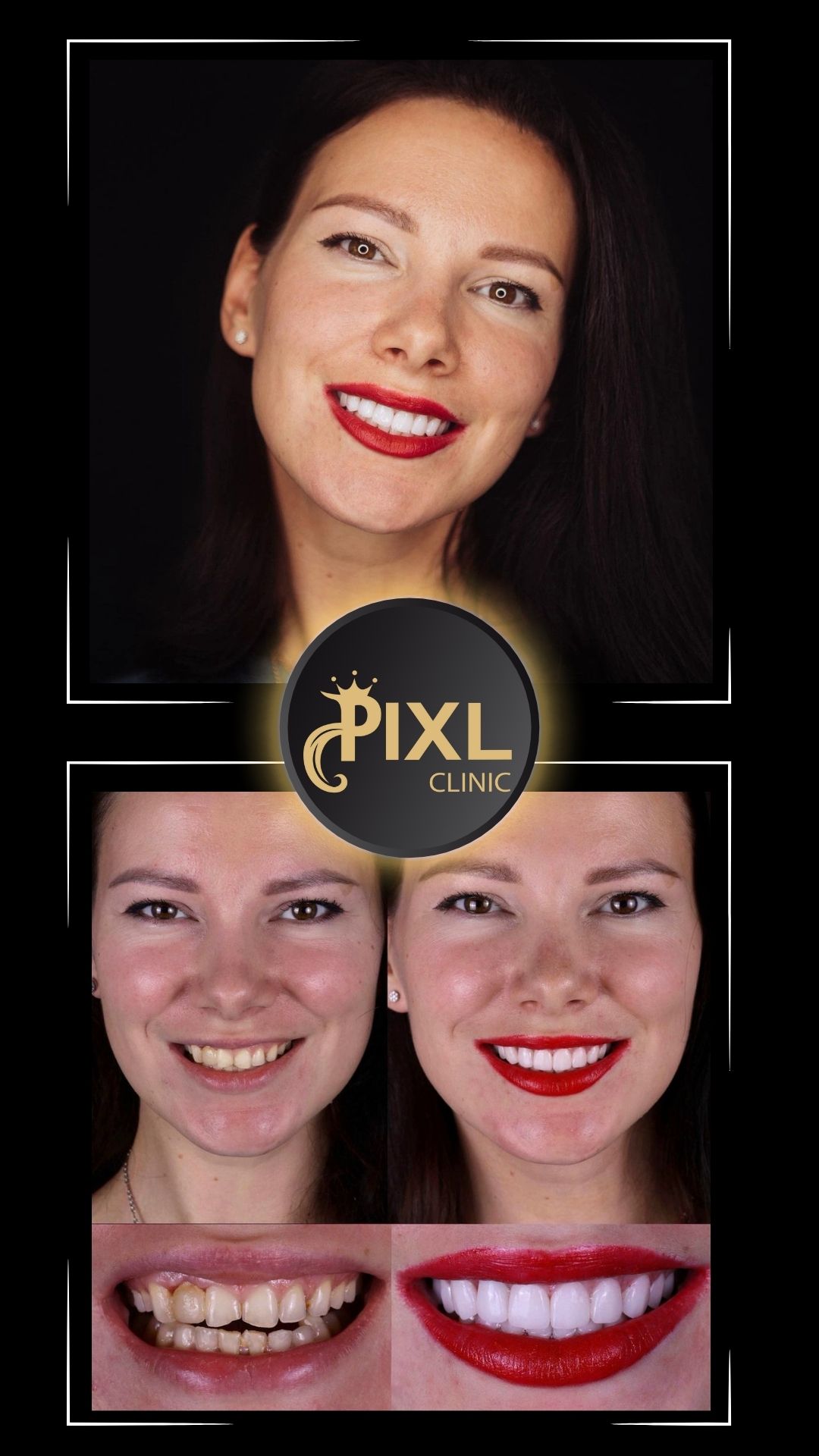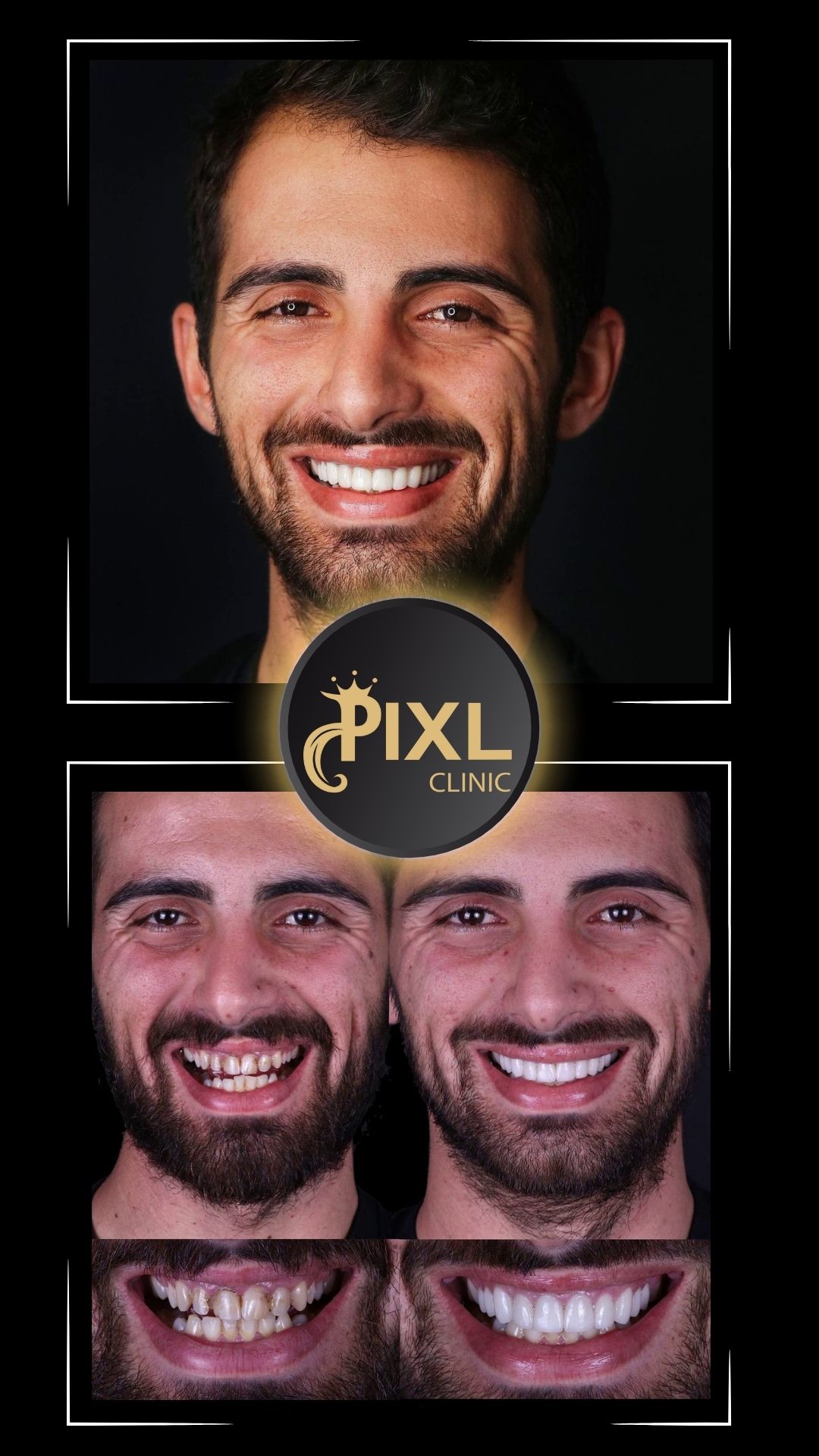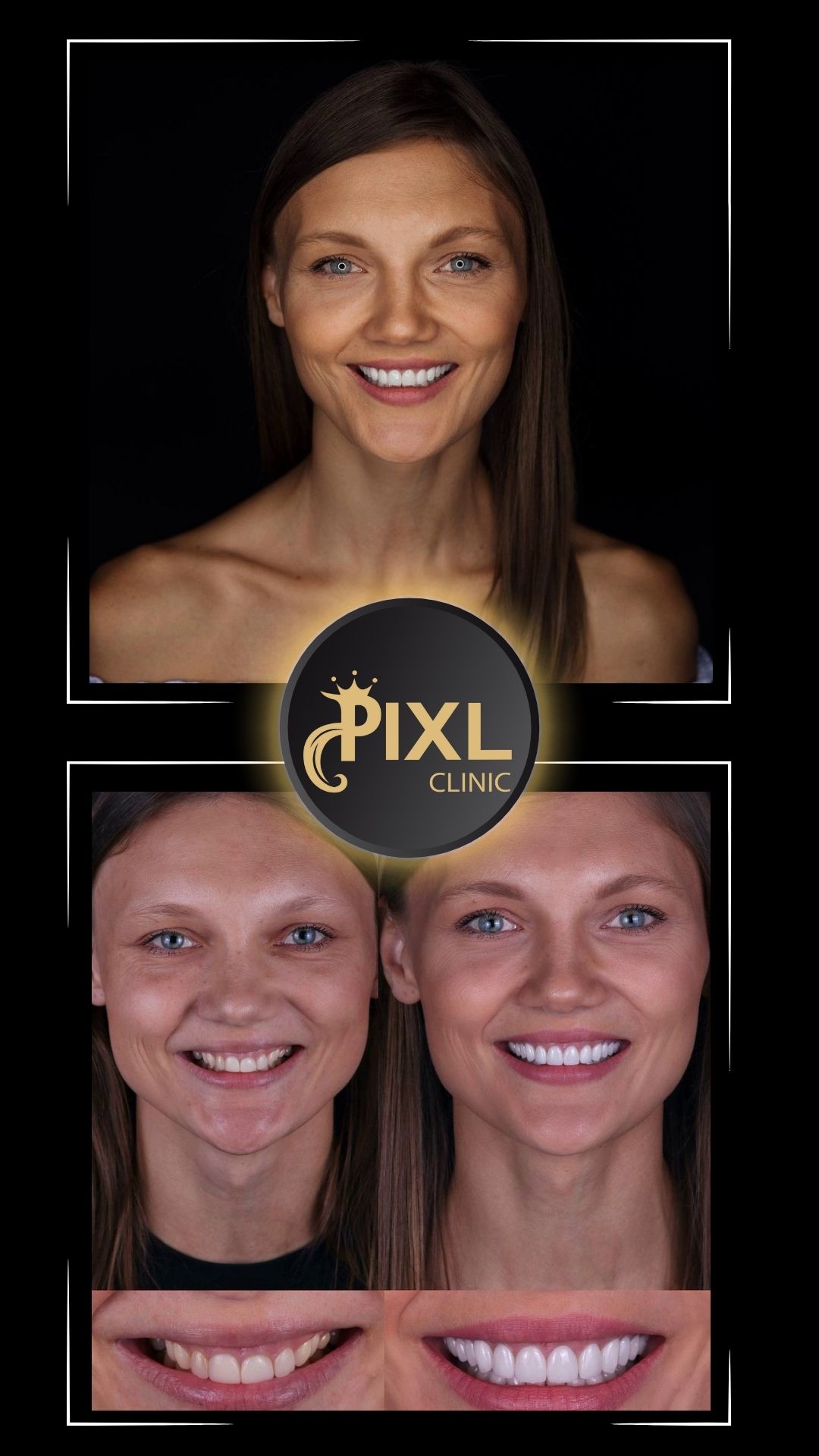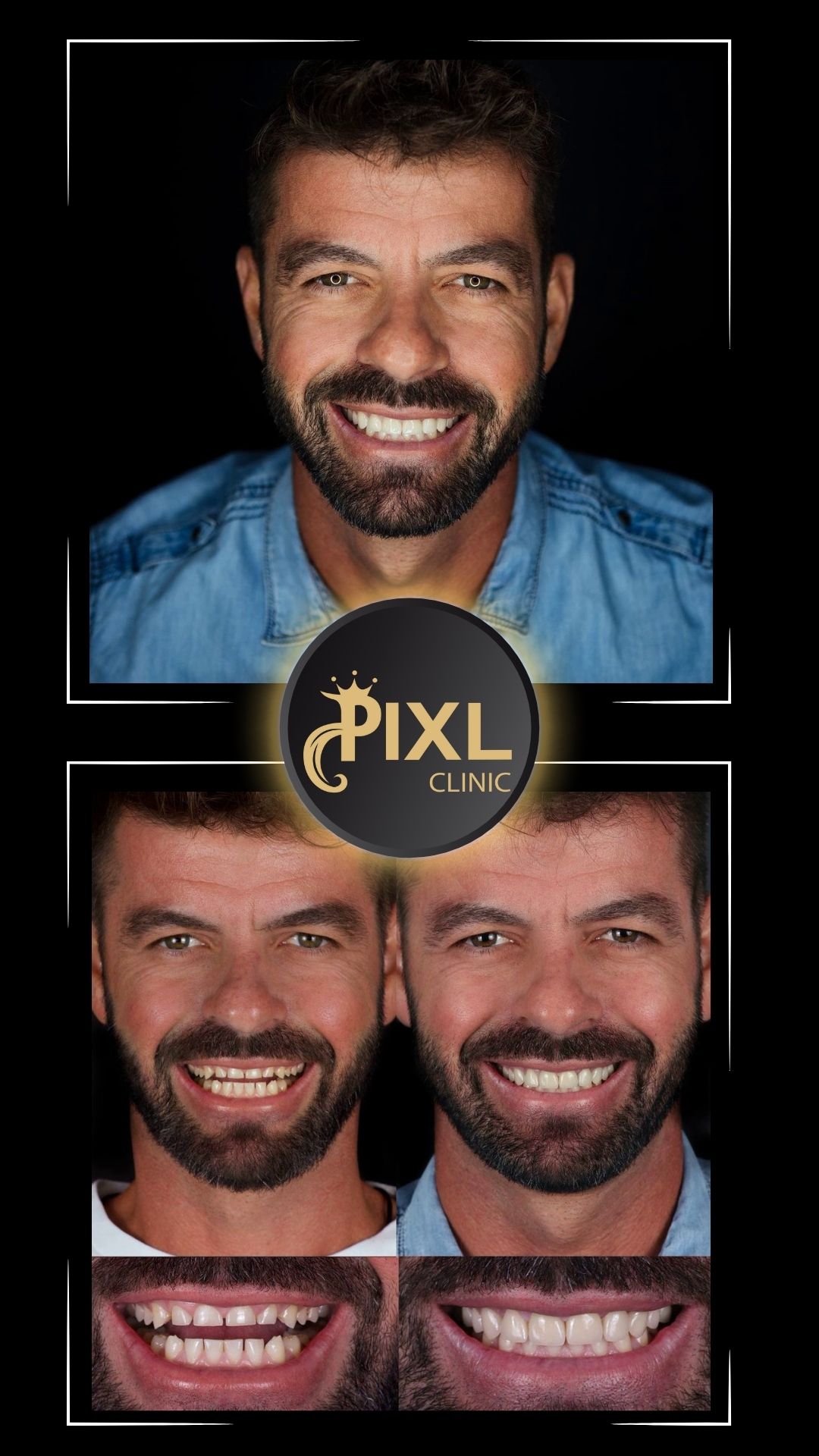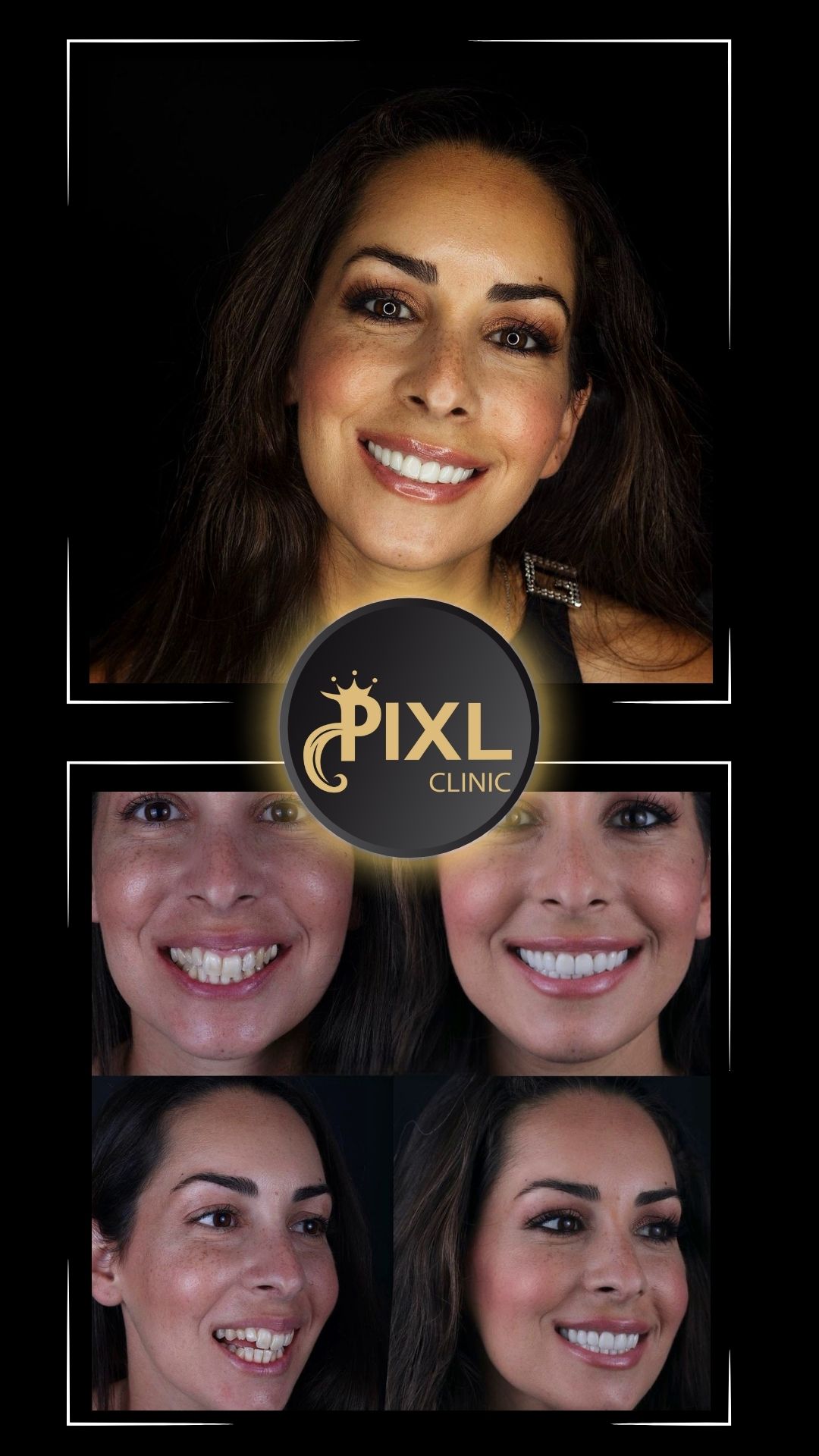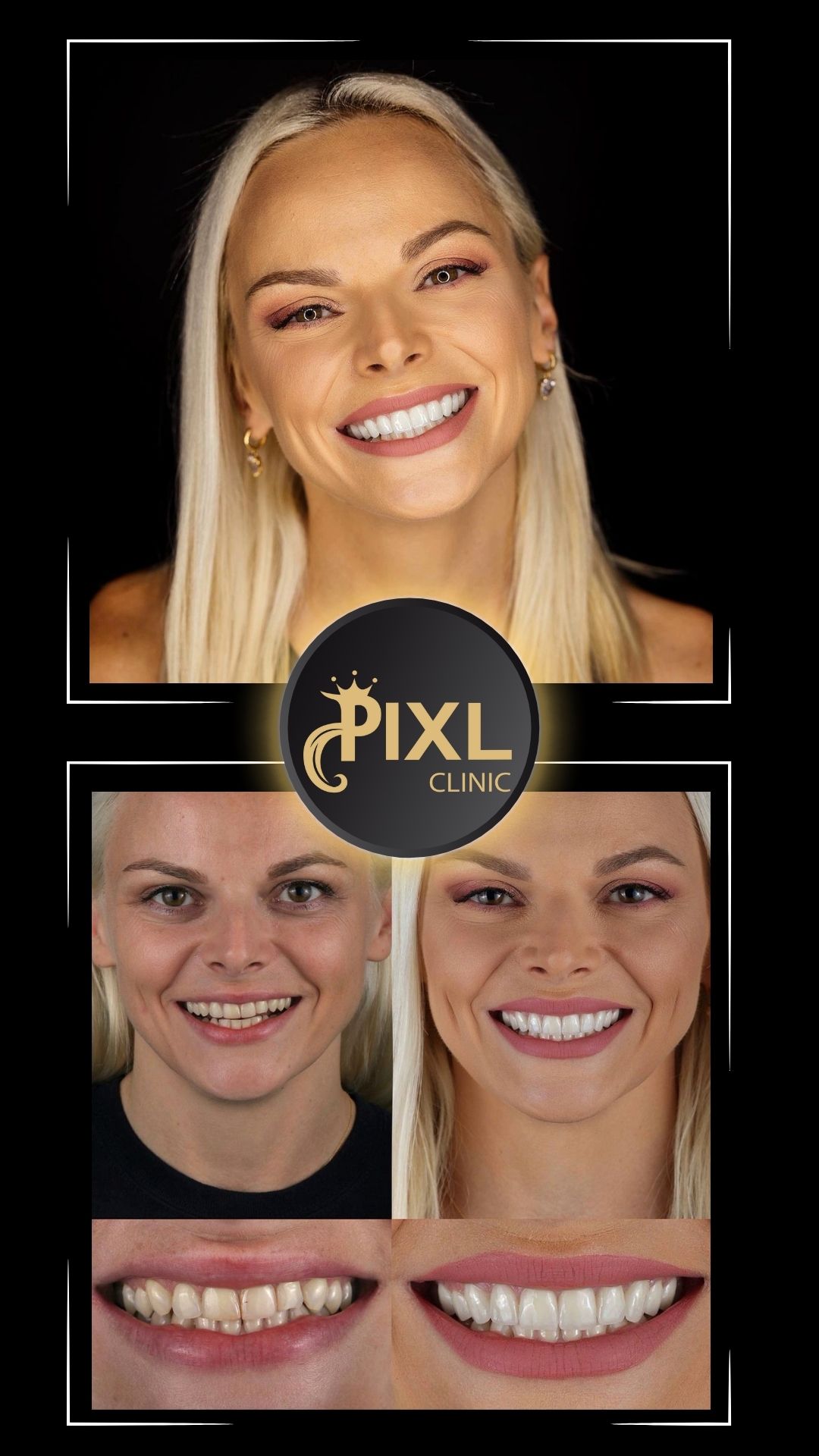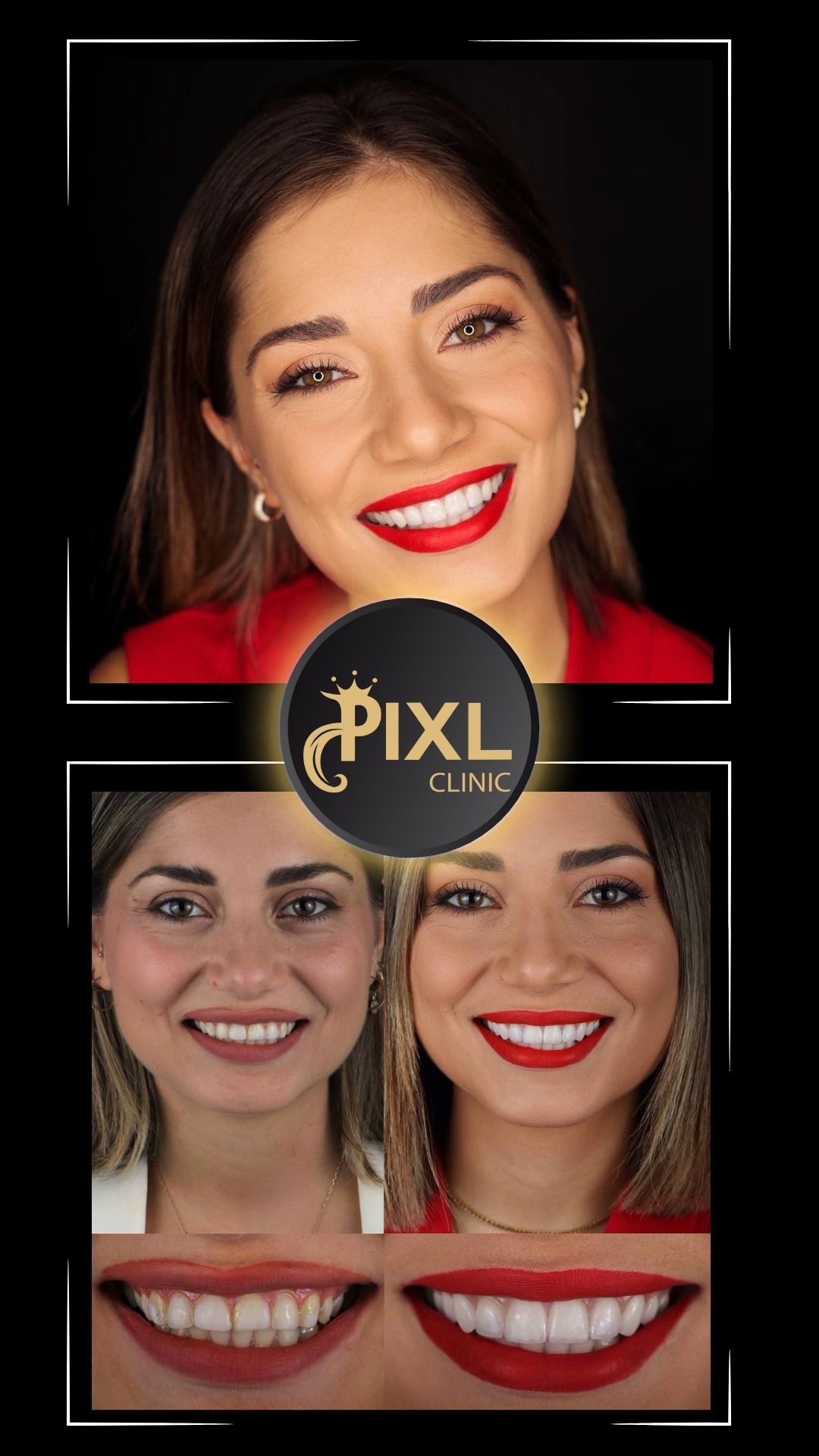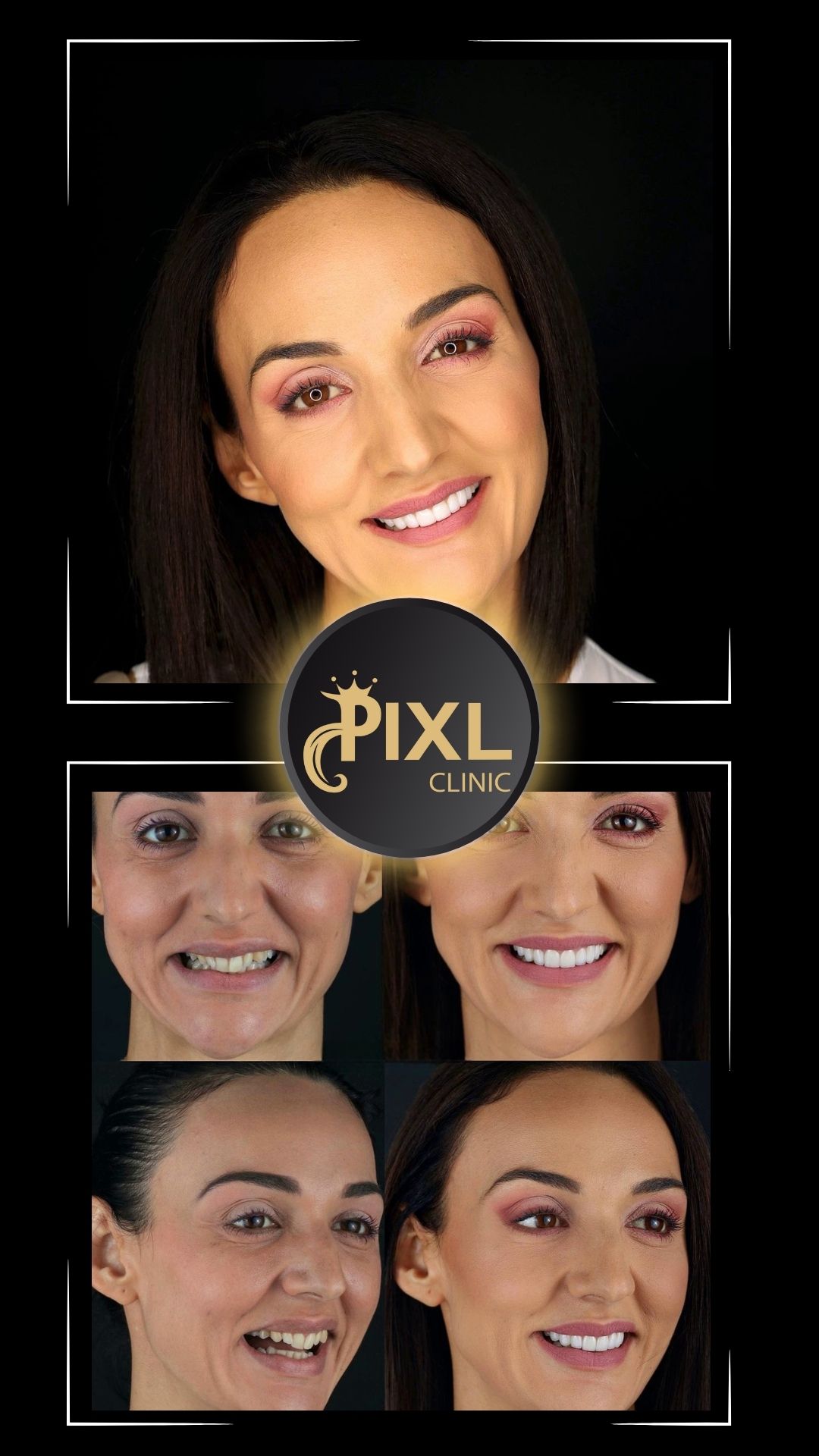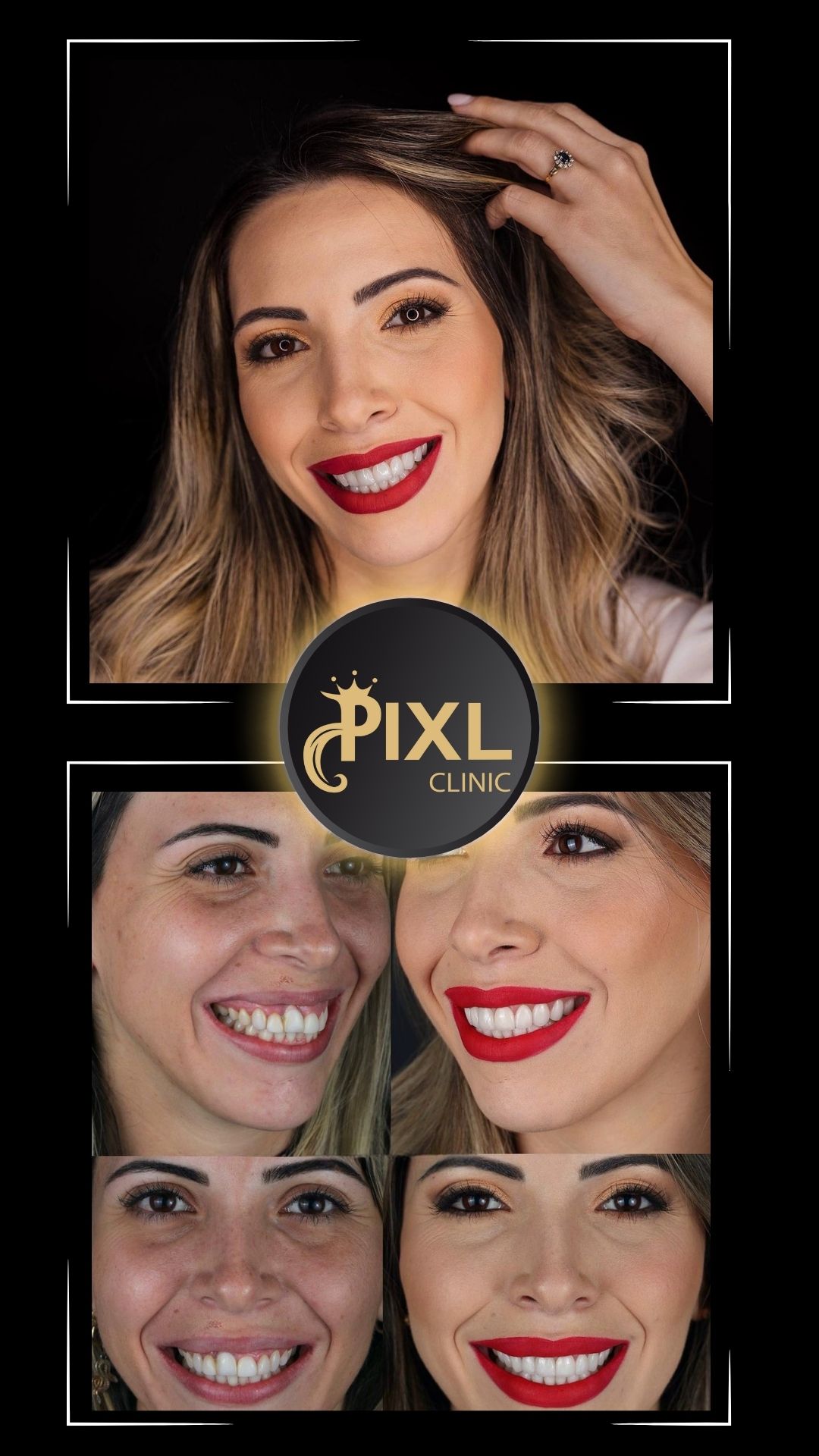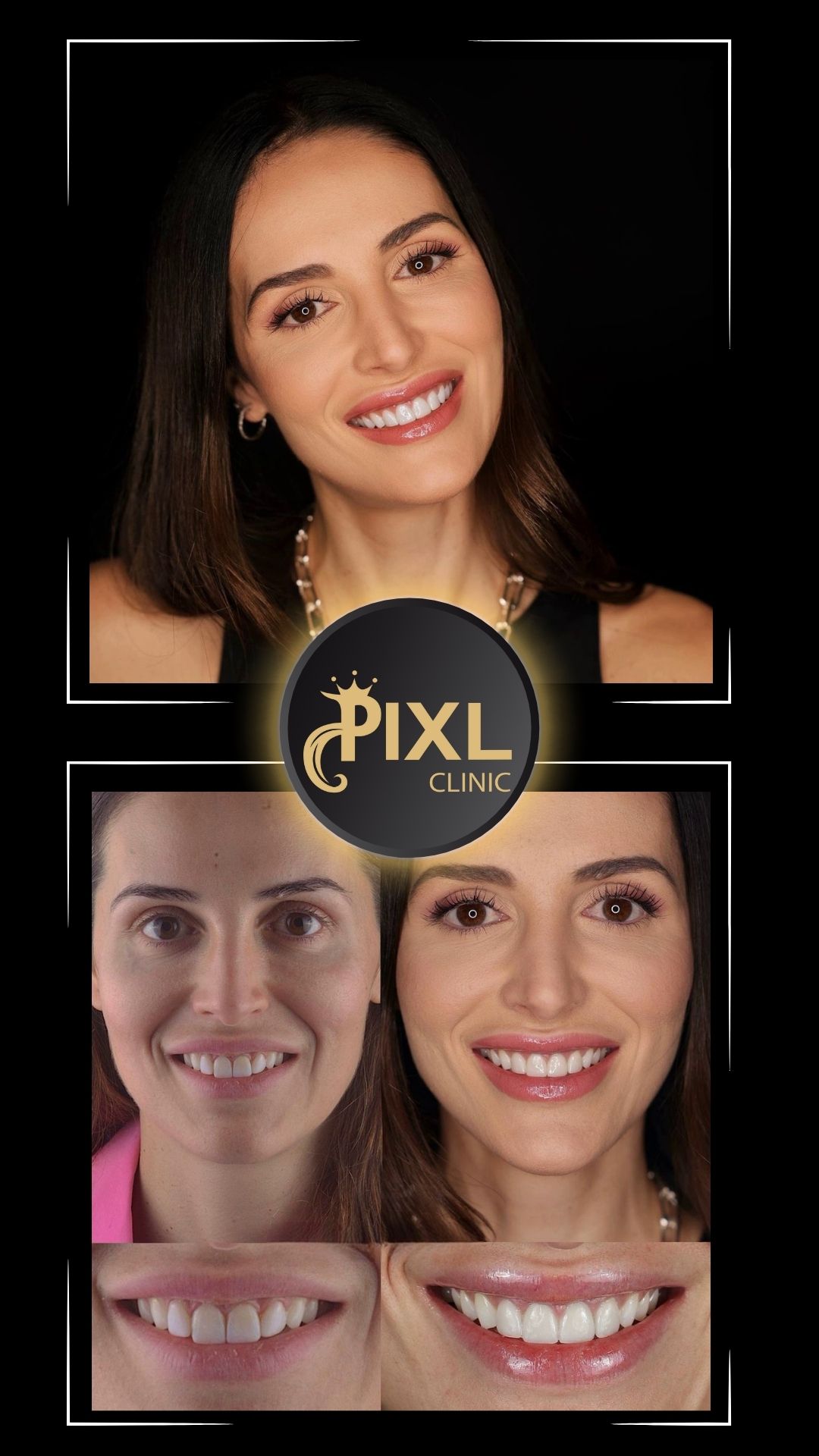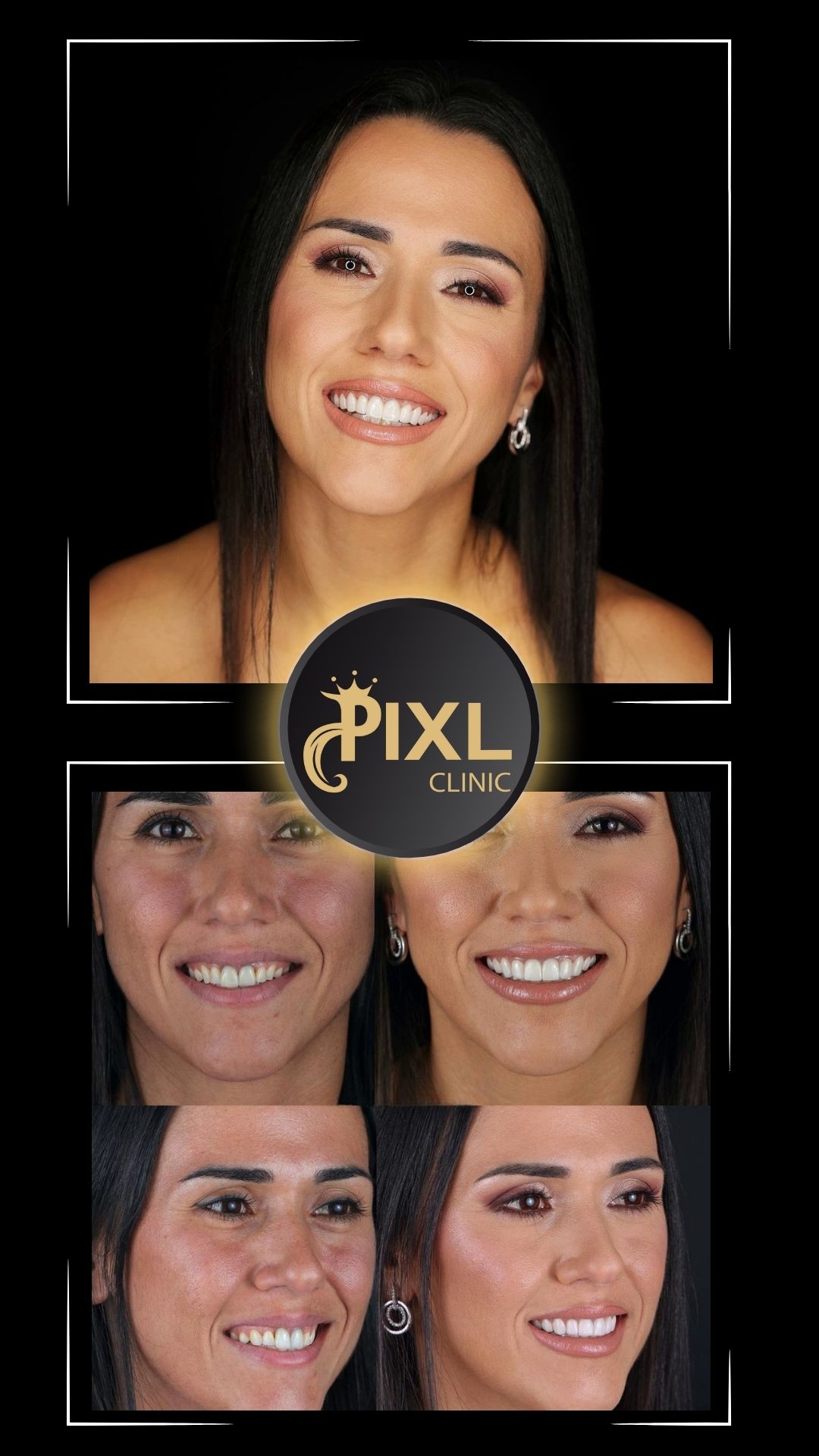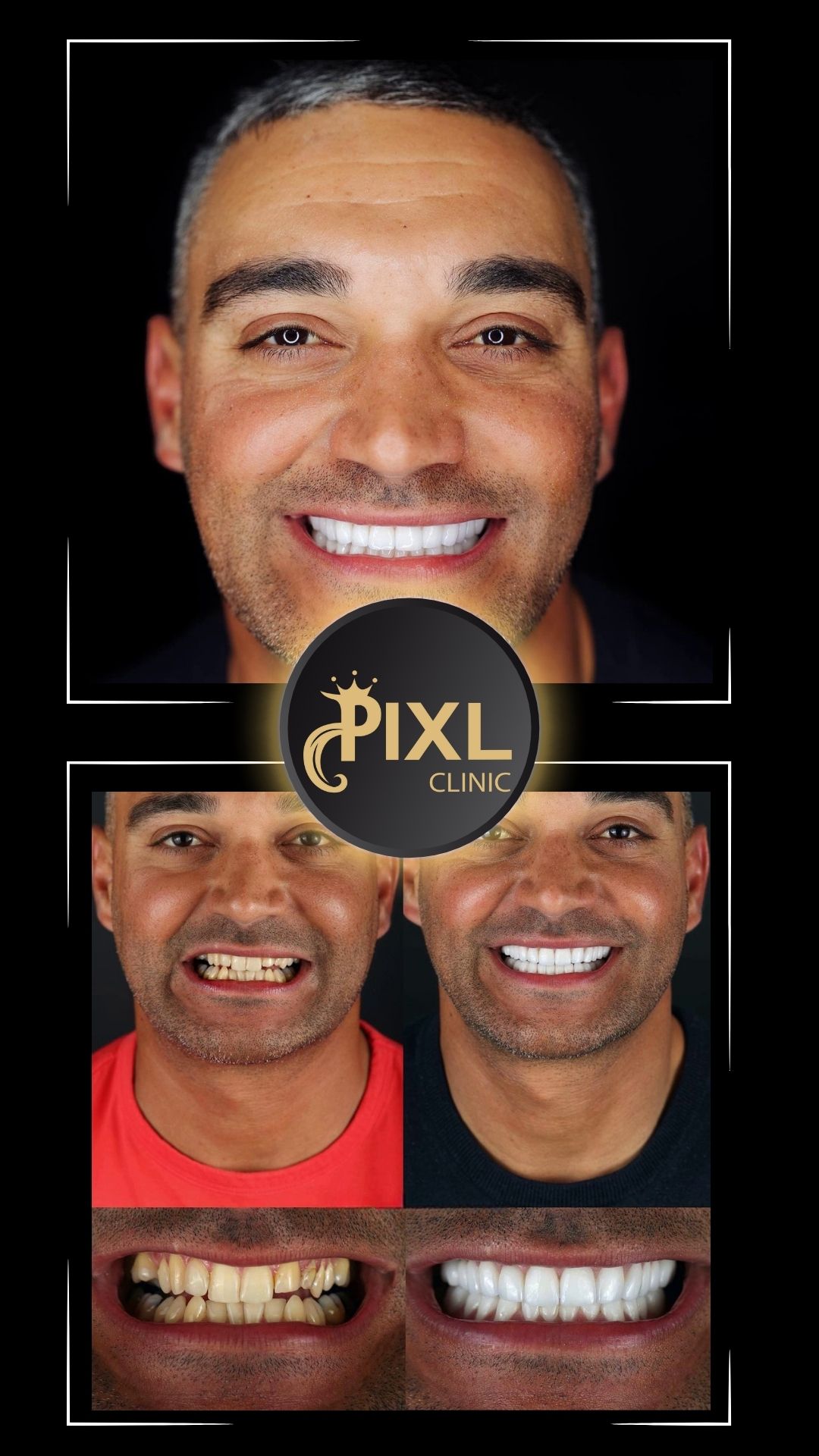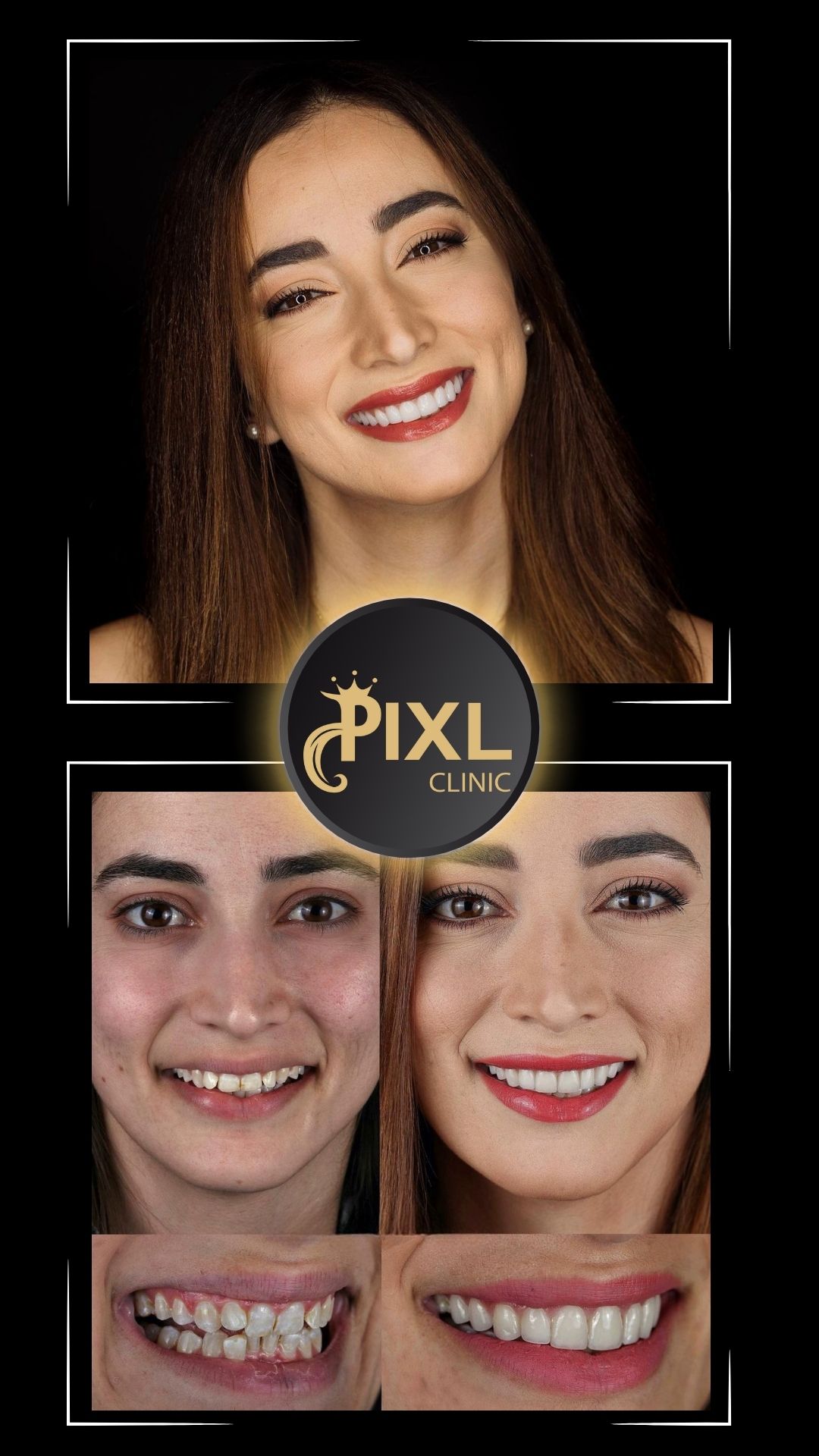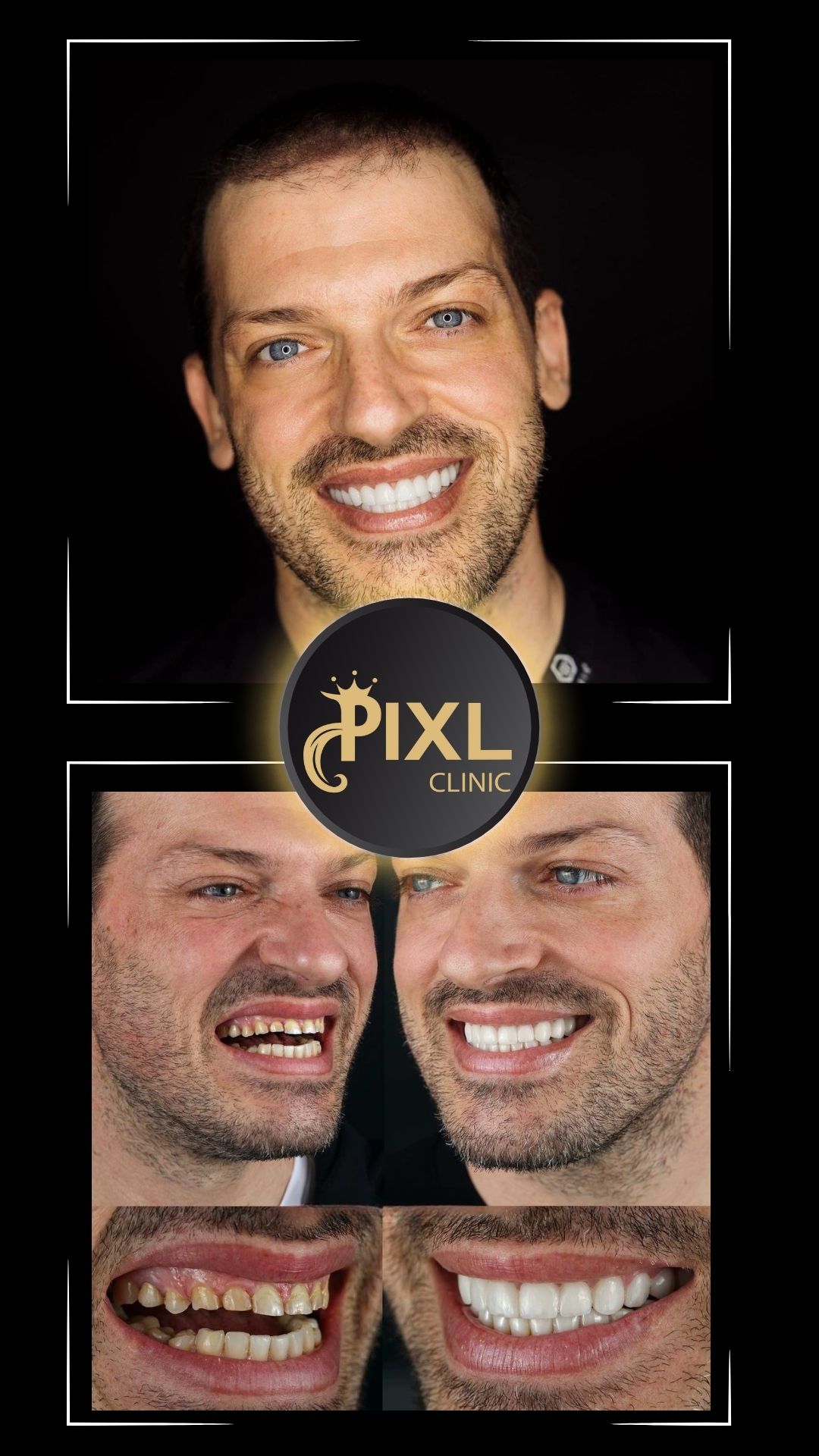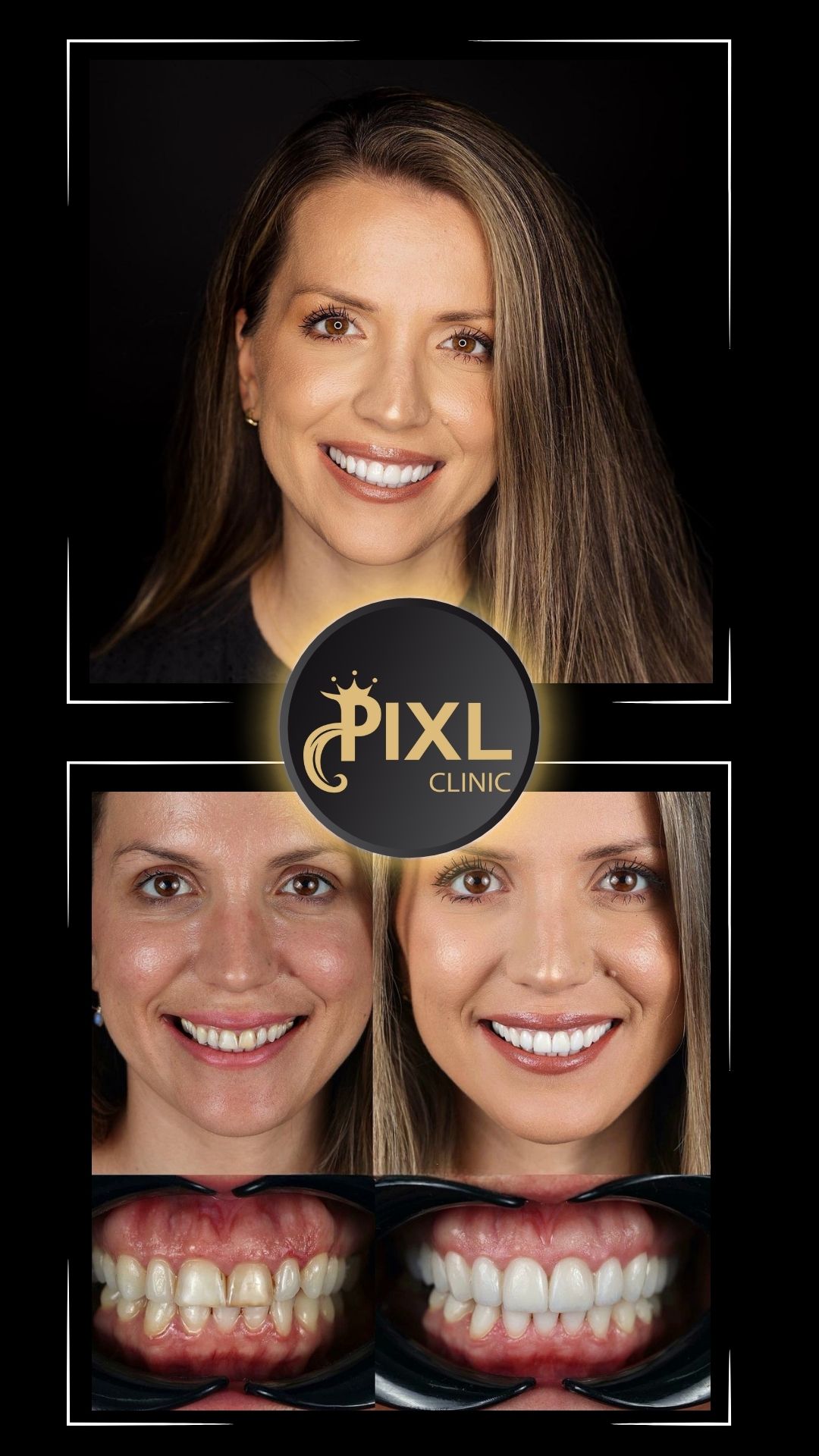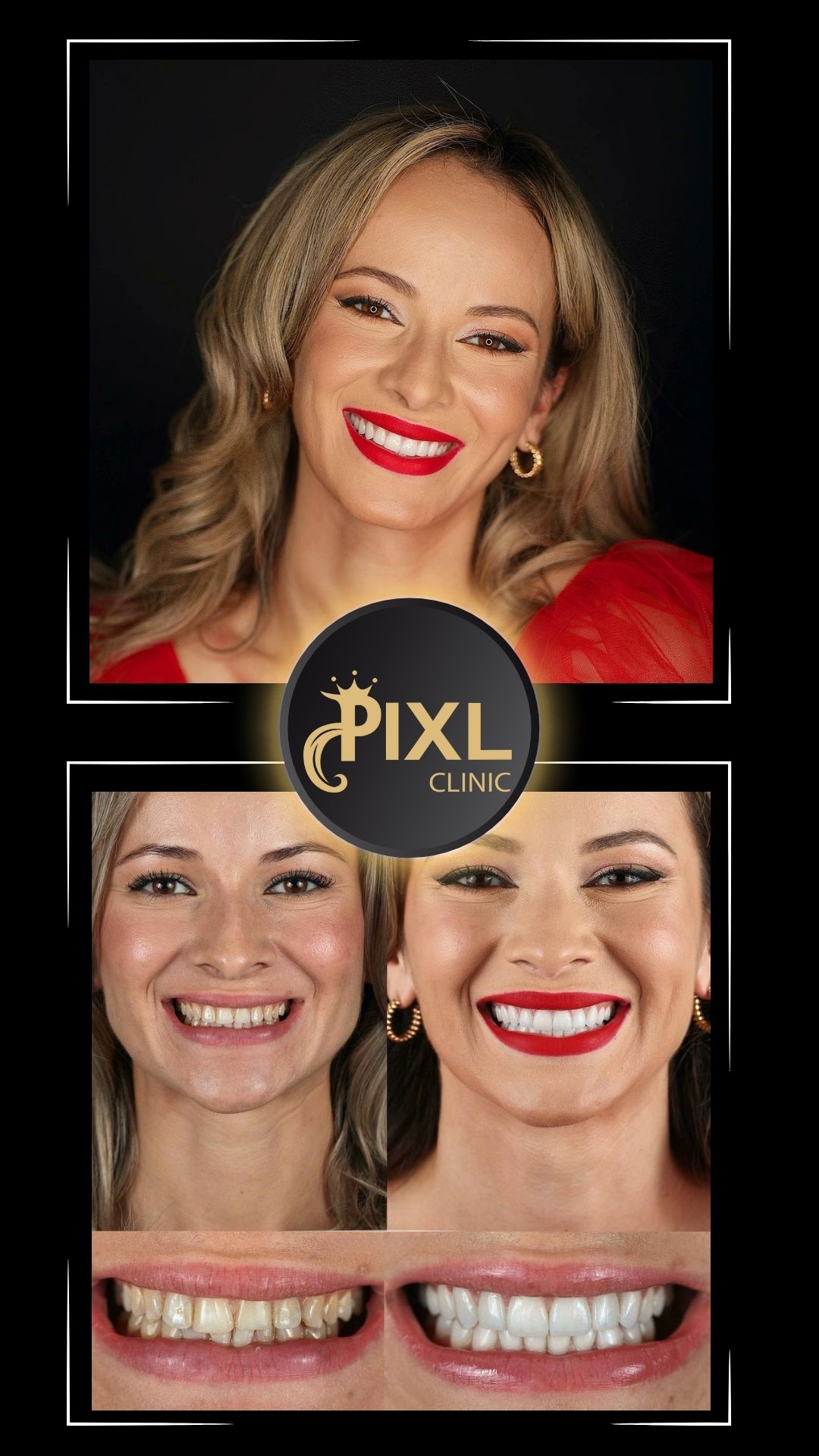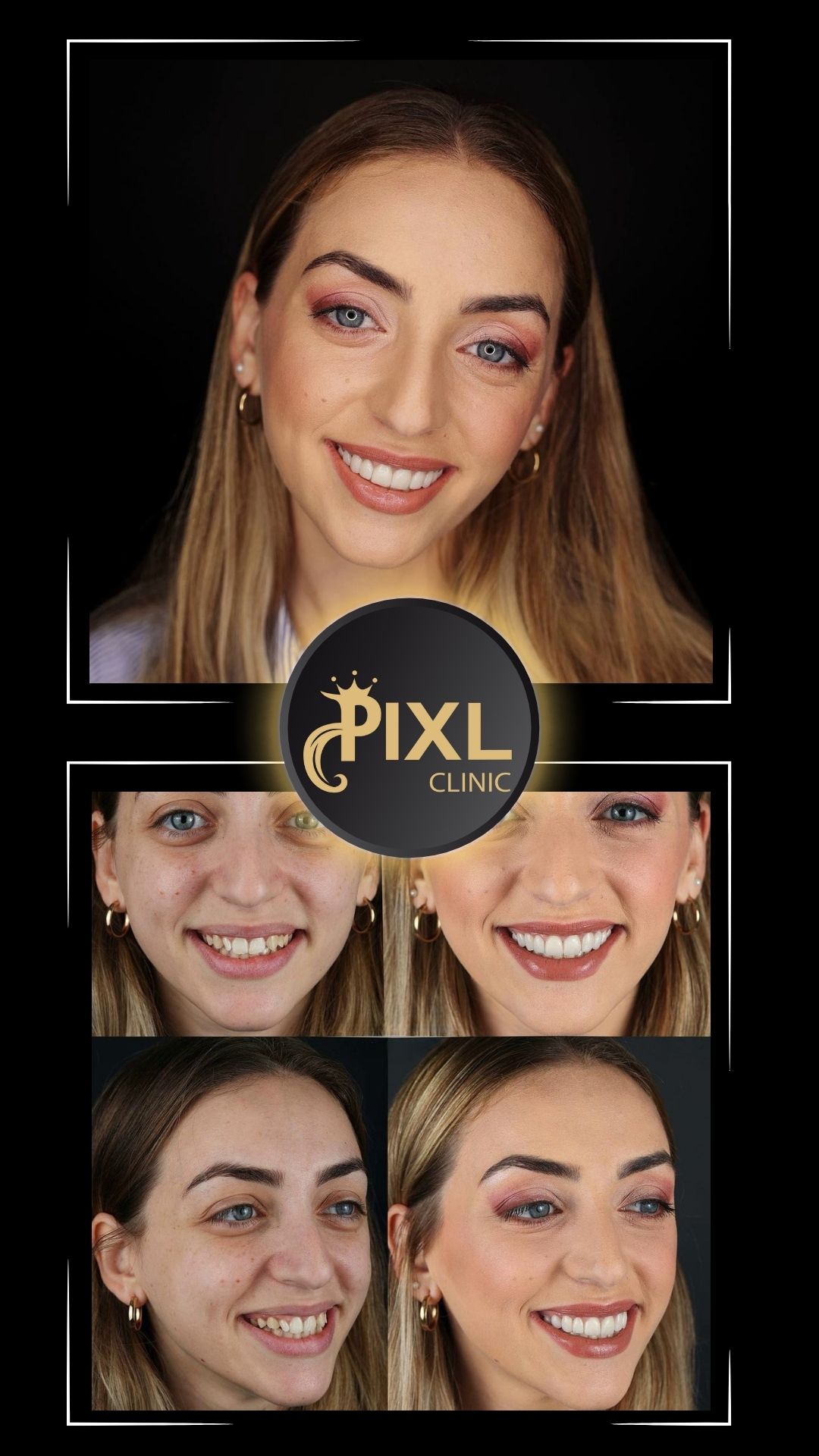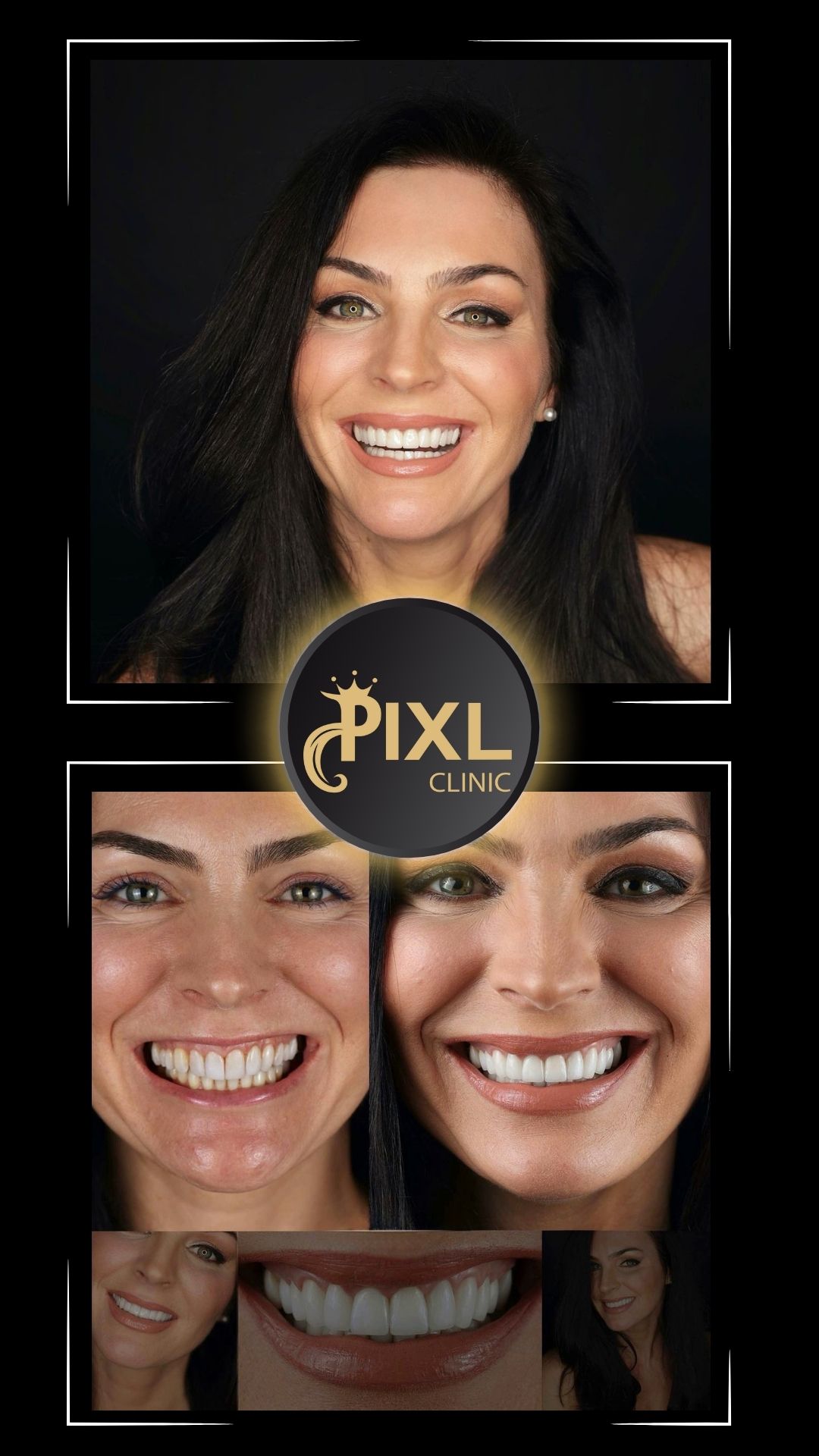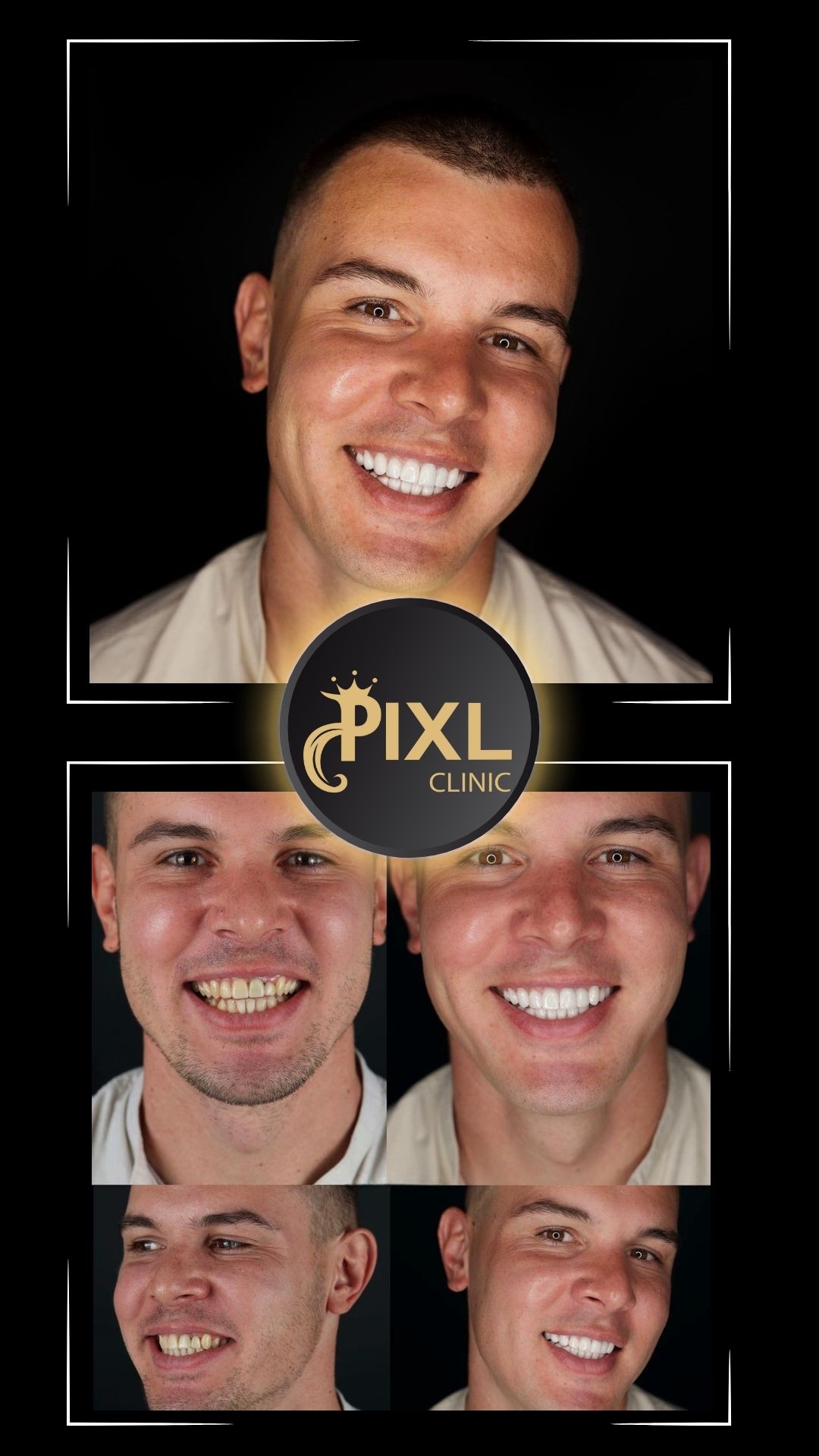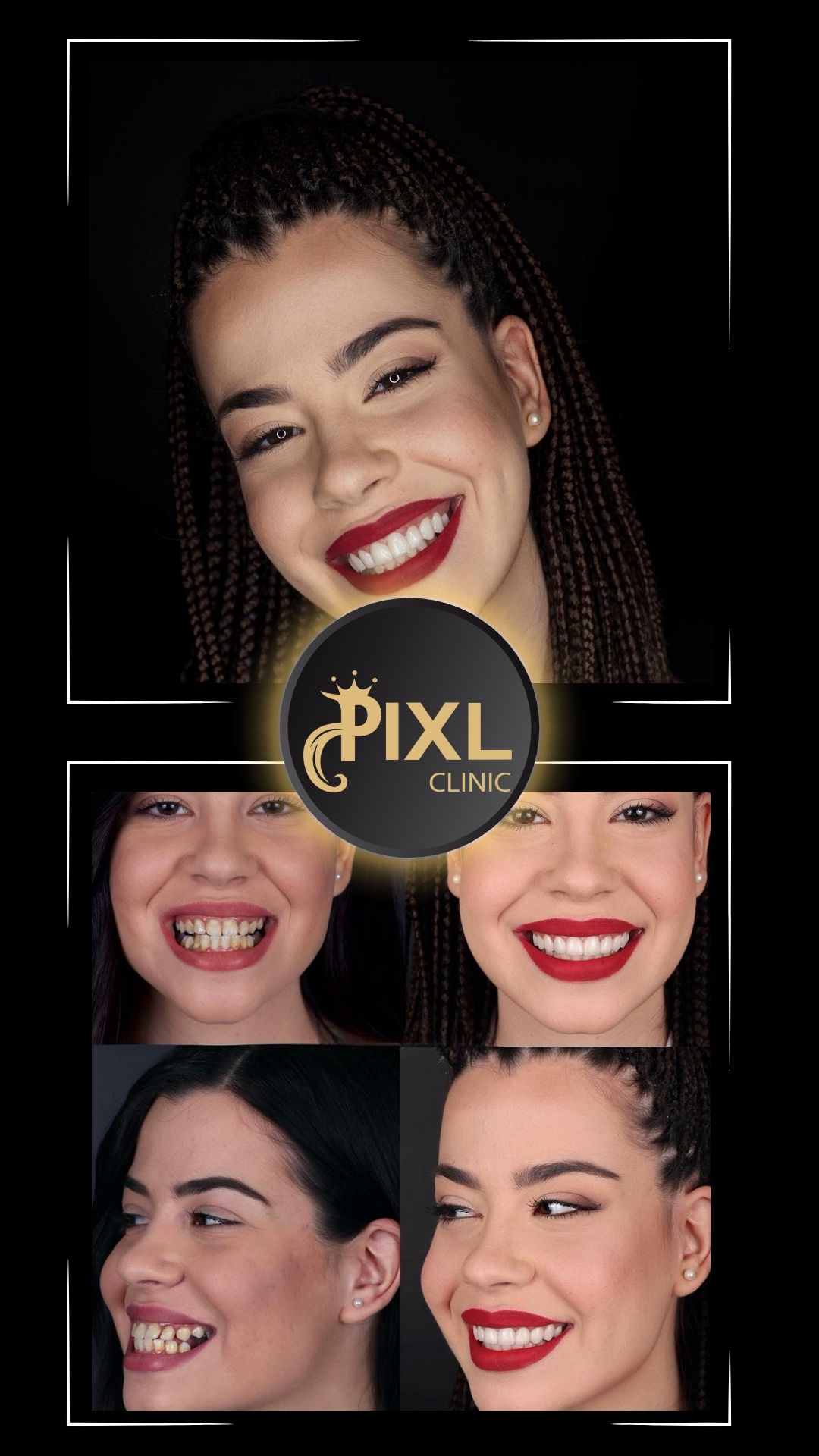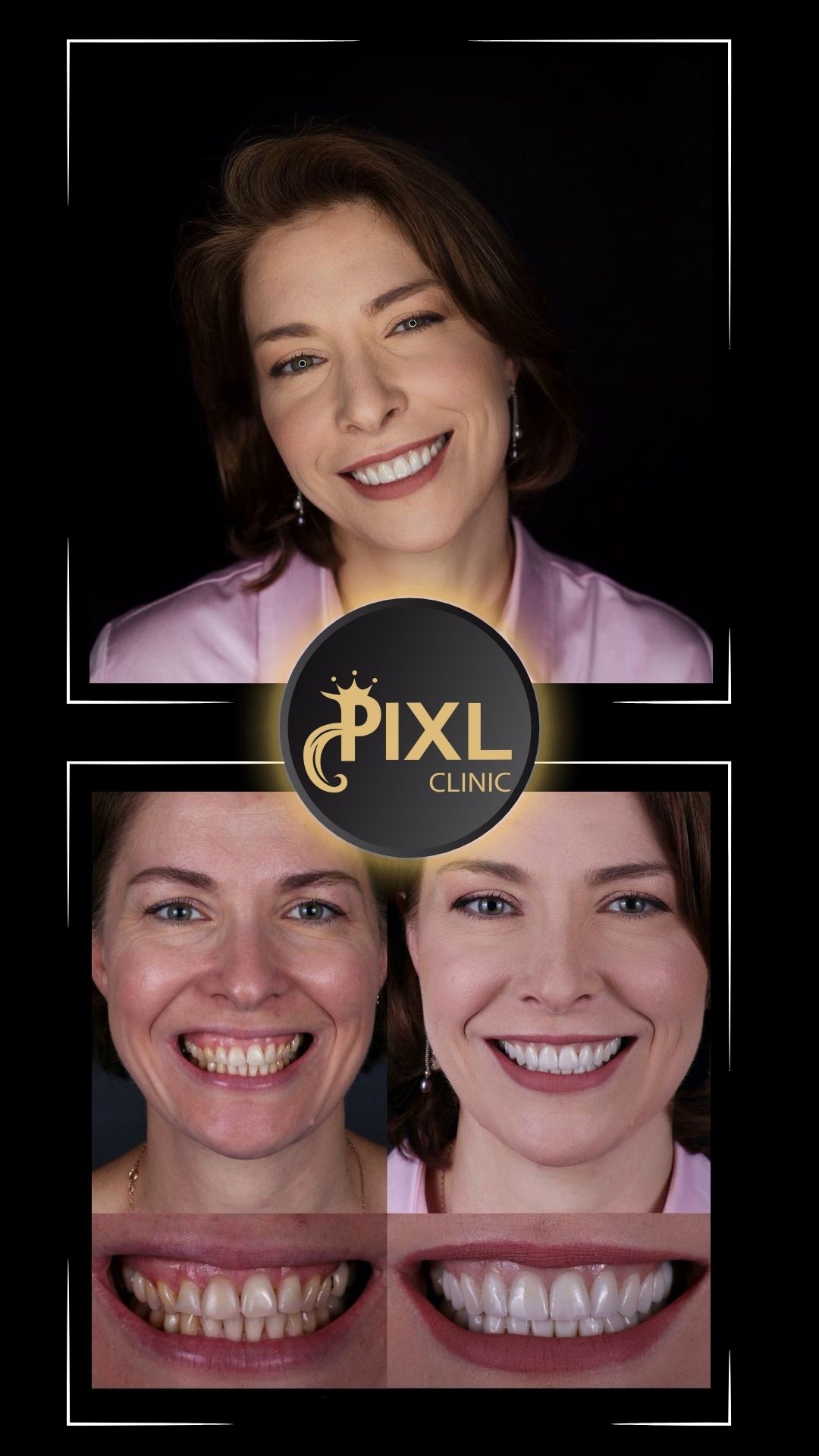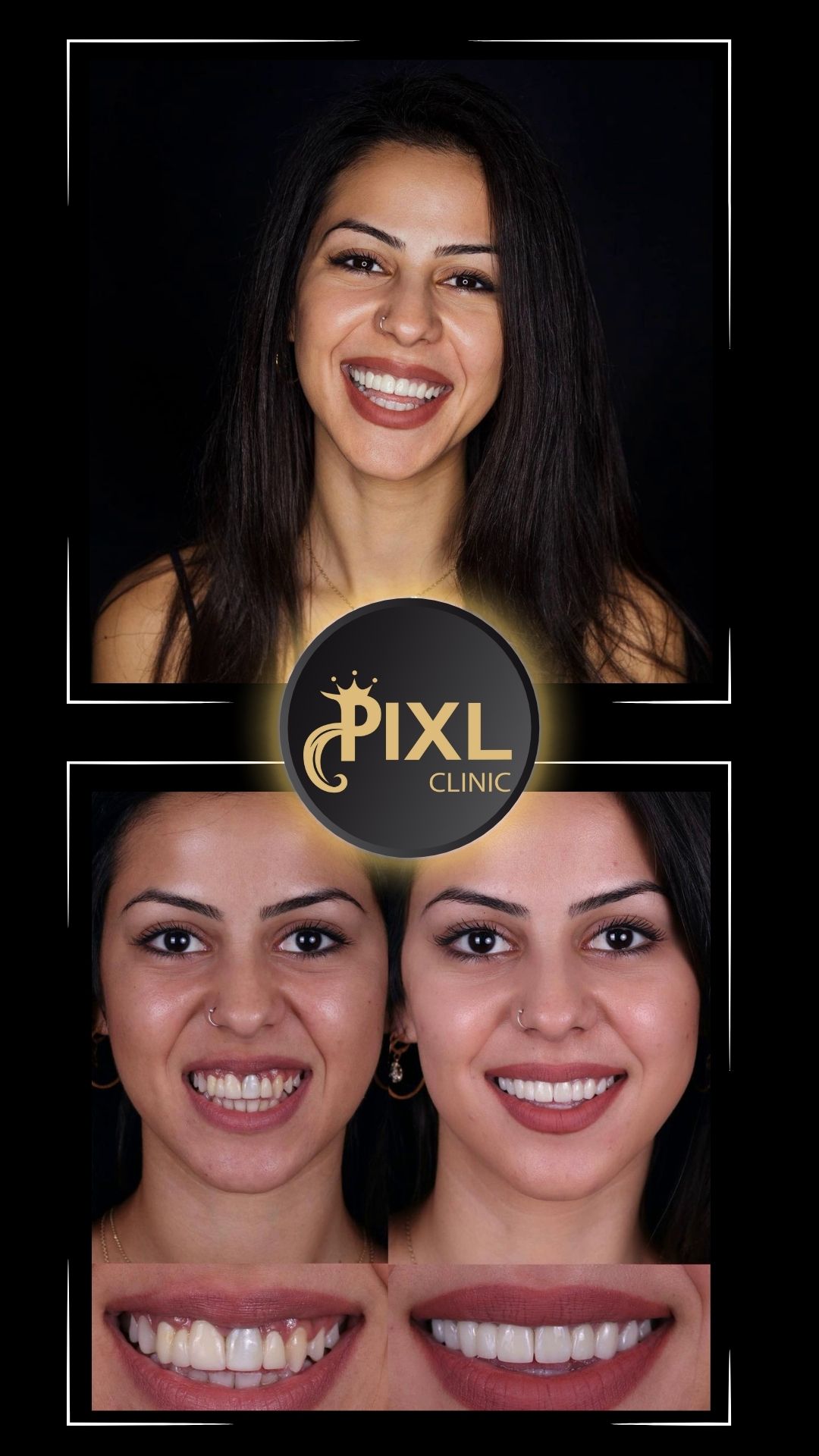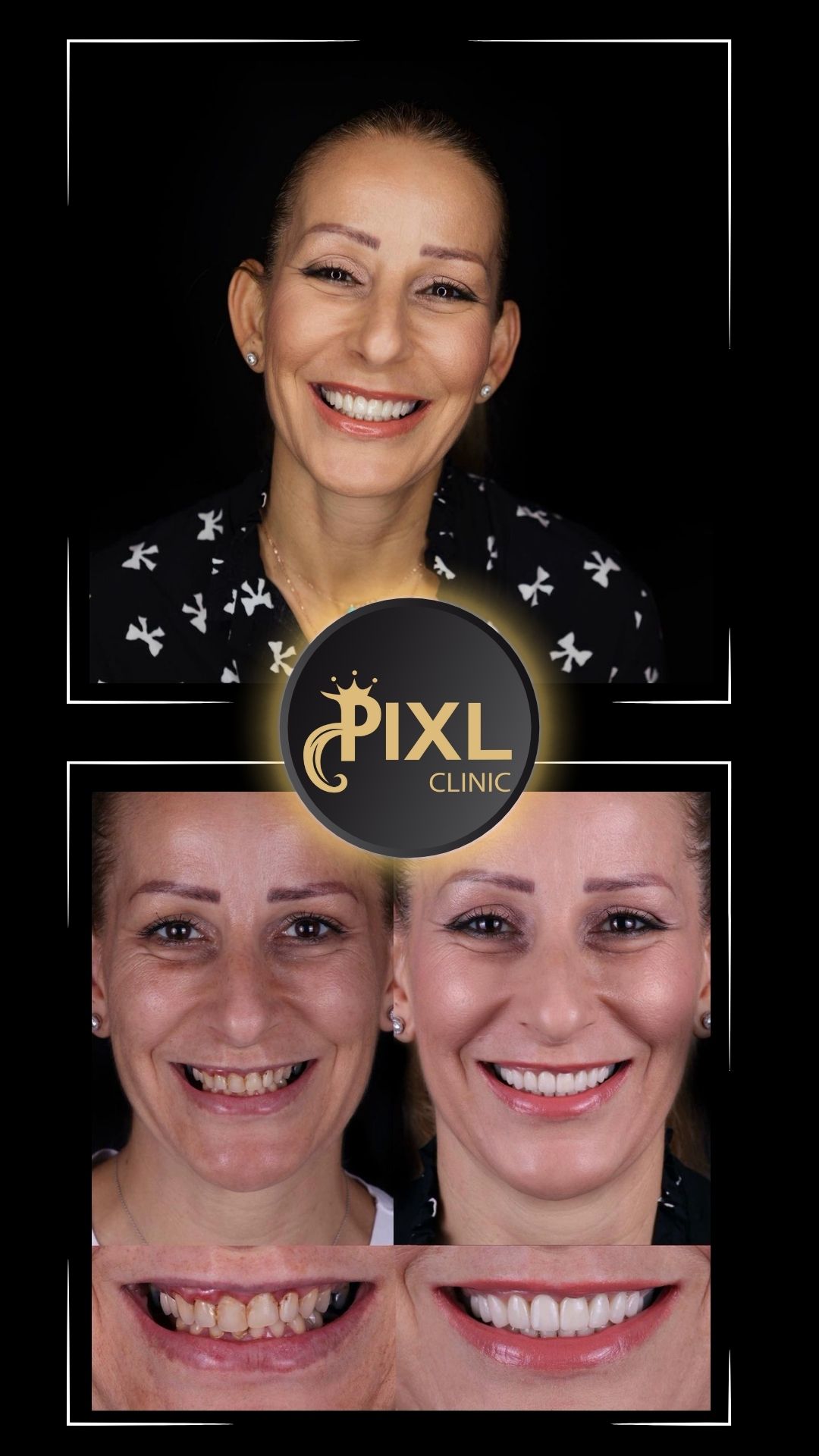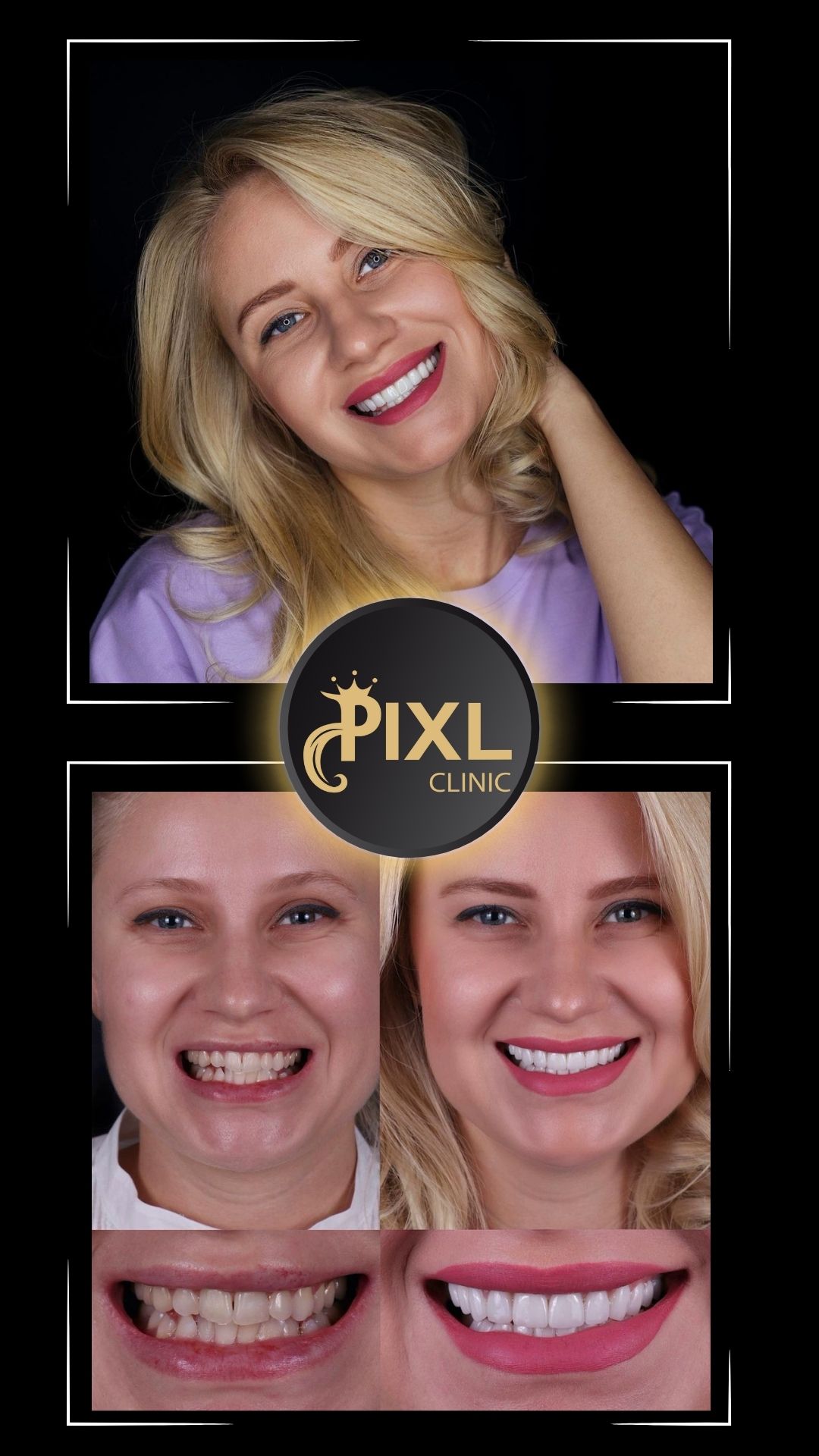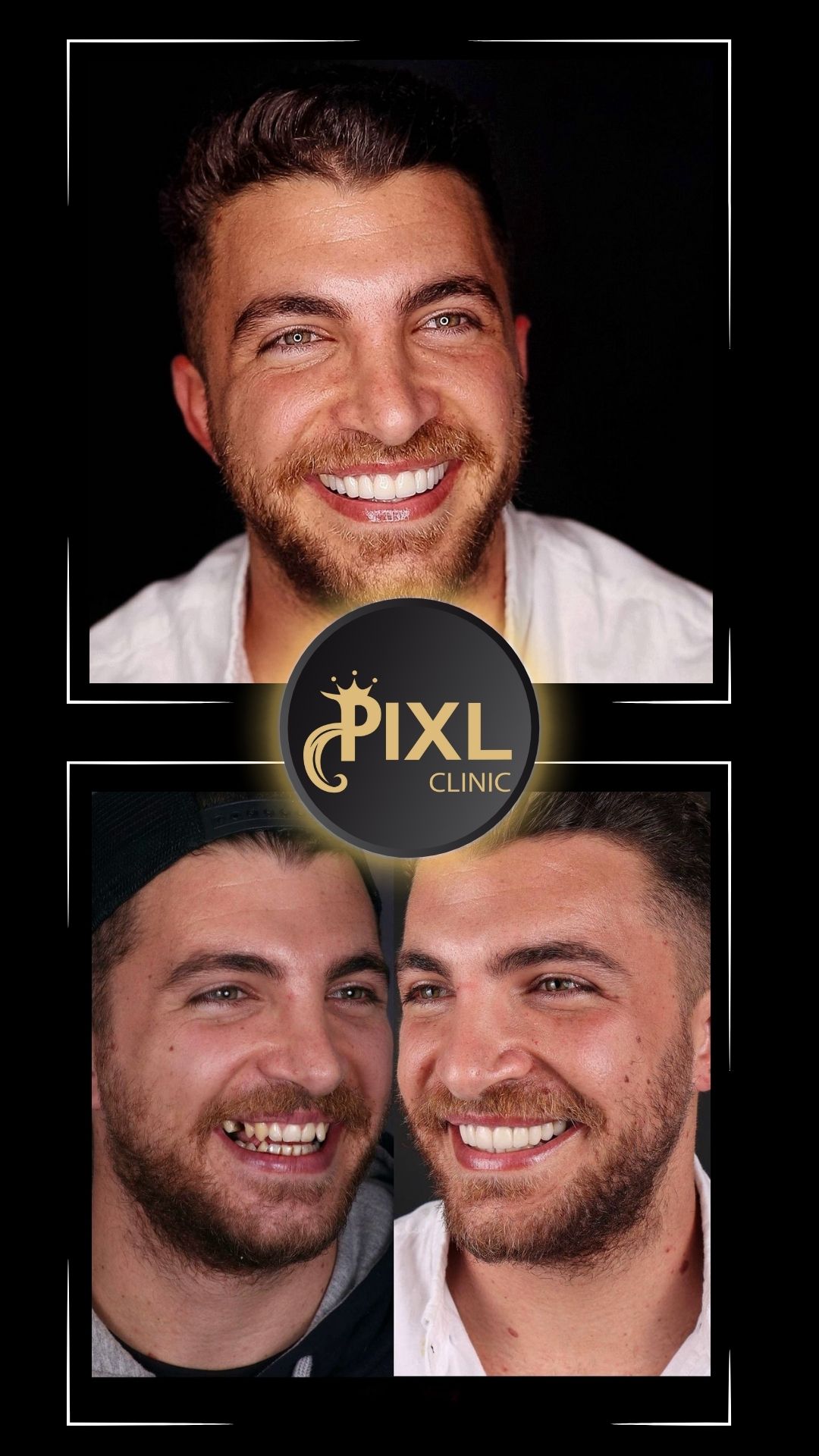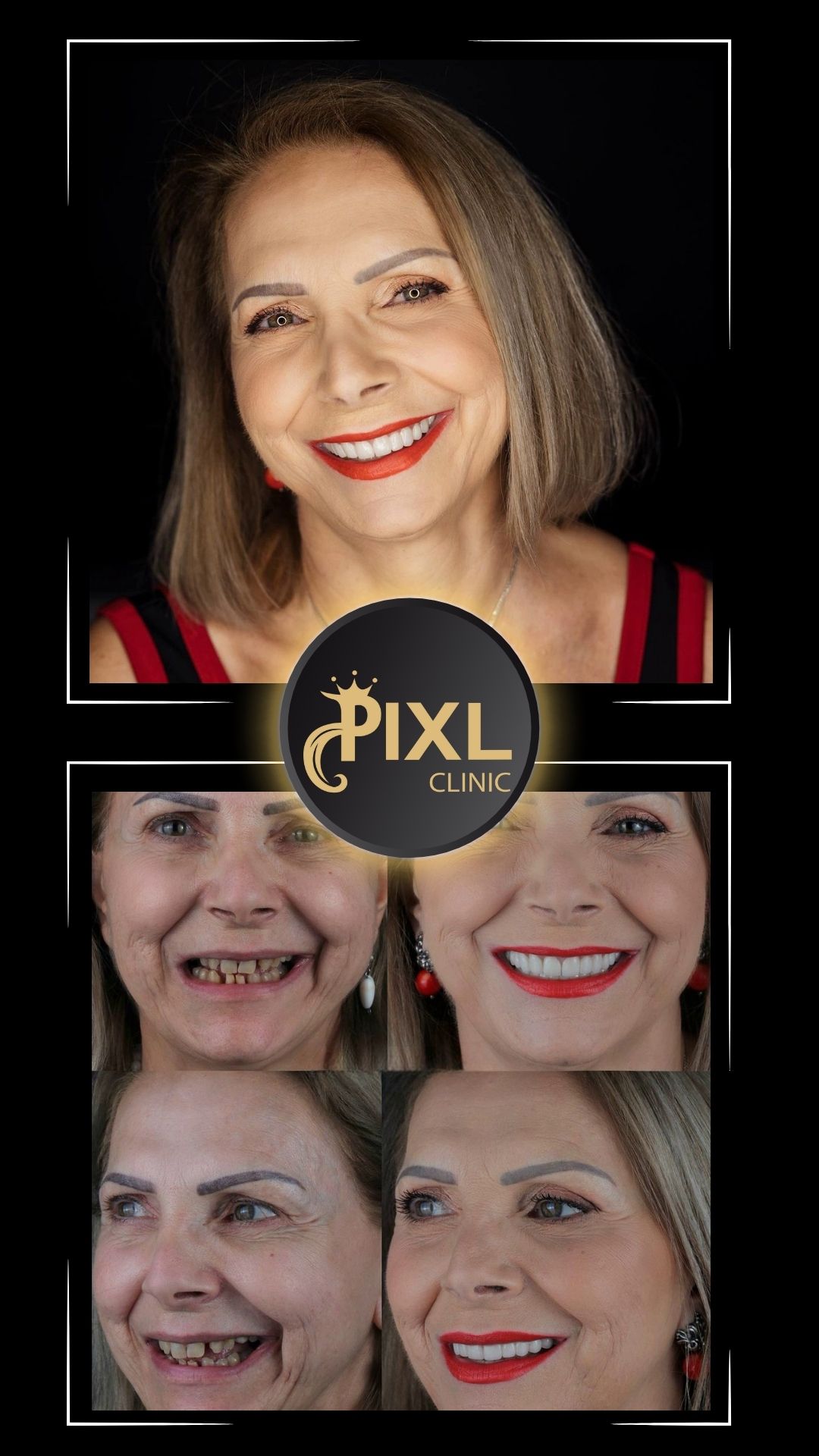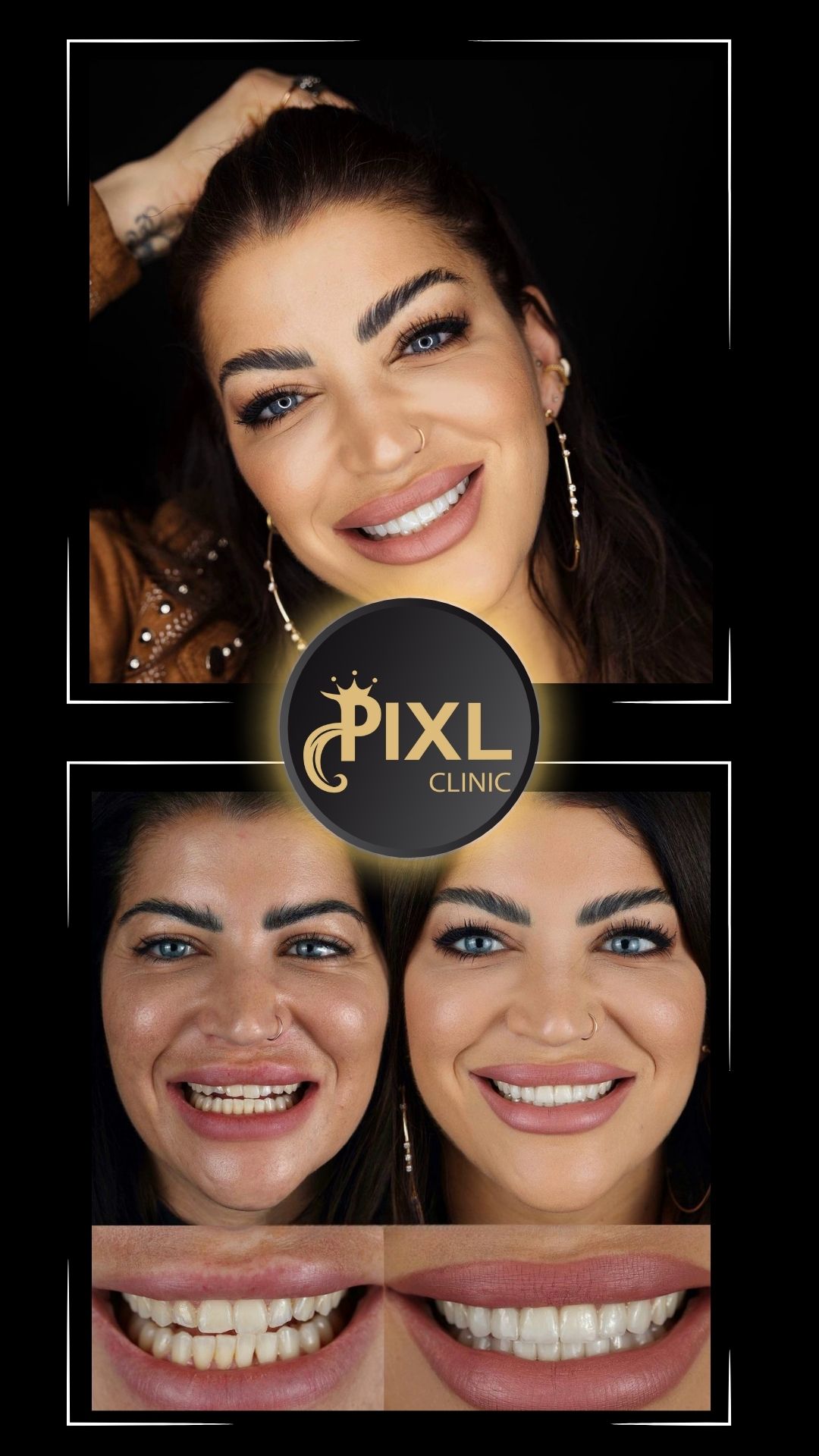Budgeting for Your Smile: How Much Do Dental Crowns Really Cost?
A bright and healthy smile is often considered one of the most attractive features a person can have. However, maintaining your smile sometimes requires more than daily brushing and regular check-ups. Dental crowns are one of the most common solutions for damaged or decayed teeth, offering both aesthetic and functional benefits. But how much do they actually cost? If you’re considering getting a dental crown, this comprehensive guide will help you understand the costs, factors that influence the price, and how to budget effectively for your dental care.
What Is a Dental Crown?
A dental crown, also known as a cap, is a prosthetic restoration placed over a damaged tooth to restore its shape, size, strength, and appearance. Crowns are often used for:
- Protecting a weakened tooth from breaking.
- Covering a dental implant.
- Restoring a tooth that has been severely worn down.
- Improving the appearance of misshapen or discolored teeth.
Crowns are typically made from various materials, including porcelain, ceramic, metal alloys, or a combination of materials.

The Average Cost of a Dental Crown
The cost of dental crowns can vary widely depending on several factors, such as the material used, your dentist’s experience, and your geographical location. On average, here’s what you can expect to pay:
- Porcelain Crowns: $180–$240 per tooth
- Ceramic Crowns: $1,000–$2,500 per tooth
- Metal Crowns (Gold/Alloy): $600–$1,000 per tooth
- Porcelain-Fused-to-Metal (PFM): $180–$240 per tooth
- Zirconia Crowns: $200–$250 per tooth
Prices may fluctuate based on your dental insurance coverage and the complexity of the procedure.
Factors That Influence the Cost
Several factors can influence how much you’ll pay for a dental crown:
- Material
Porcelain and zirconia crowns are often more expensive due to their natural appearance and durability, while metal crowns are usually less costly but more noticeable. - Location
Dental costs vary significantly by region. Urban areas or regions with a high cost of living tend to have higher dental fees. - Dentist’s Expertise
A highly skilled or specialized dentist may charge more for their services, but the quality of the crown and procedure often justifies the cost. - Preparation Required
If your tooth requires additional work, such as a root canal or buildup before placing the crown, the overall cost will increase. - Insurance Coverage
Dental insurance plans may cover a portion of the crown cost, especially if the procedure is deemed medically necessary. However, cosmetic crowns are often not covered. - Technology Used
Advanced technology, such as CAD/CAM for same-day crowns, may cost more but offers convenience and precision.
Additional Costs to Consider
When budgeting for a dental crown, keep in mind the potential additional expenses:
- Consultation Fees: $50–$100
- X-Rays: $20–$50
- Temporary Crowns: $100–$200
- Tooth Preparation or Buildup: $100–$200
If you require sedation or anesthesia, this could add several hundred dollars to the final bill.
Is a Dental Crown Worth the Cost?
While dental crowns are an investment, they offer significant benefits, including:
- Long-term durability (lasting 5–15 years or more with proper care).
- Improved oral health by protecting and preserving the tooth.
- Enhanced appearance for a more confident smile.
How to Budget for a Dental Crown
If the cost of a dental crown feels overwhelming, there are ways to make it more manageable:
- Check Your Insurance
Review your dental insurance plan to determine what is covered and whether you’ve met your deductible or out-of-pocket maximum for the year. - Ask About Payment Plans
Many dental offices offer flexible payment plans or financing options through third-party providers like CareCredit. - Shop Around
Don’t hesitate to get multiple quotes from different dentists to find a price that fits your budget. - Look for Discount Plans
Some dental offices offer membership or discount plans for uninsured patients. - Prioritize Preventative Care
Regular check-ups and cleanings can help you avoid extensive dental work in the future, saving you money.
How to Extend the Life of Your Crown
Once you’ve invested in a dental crown, taking care of it can extend its lifespan and reduce the likelihood of needing a replacement. Here are some tips:
- Brush and floss daily.
- Avoid chewing hard foods or ice.
- Wear a mouthguard if you grind your teeth.
- Visit your dentist regularly for check-ups and cleanings.
Final Thoughts
Dental crowns are a valuable solution for restoring damaged teeth, but the cost can vary significantly based on your individual needs. By understanding the factors that influence the price and exploring options for financial assistance, you can plan effectively and make an informed decision. Remember, investing in your oral health is investing in your overall well-being—and your smile is worth it!
FAQs About Dental Crowns
What are dental crowns made of?
Dental crowns can be made from various materials, including porcelain, ceramic, metal (like gold or alloy), porcelain-fused-to-metal (PFM), and zirconia. Each material has its own pros and cons, including cost, durability, and aesthetics.
How long do dental crowns last?
Dental crowns typically last between 5 and 15 years, depending on the material, the quality of care, and your oral hygiene practices. Some high-quality crowns, such as zirconia or gold, may last even longer.
Are dental crowns painful?
The procedure for placing a dental crown is generally not painful. Dentists use local anesthesia to numb the area, and any discomfort during recovery is typically mild and short-lived.
How much do dental crowns cost without insurance?
Without insurance, dental crowns can cost between $200 and $300 per tooth, depending on the material and location. Additional procedures like tooth preparation or root canals may increase the cost.
Does insurance cover dental crowns?
Insurance coverage varies. If the crown is medically necessary, such as for repairing a damaged or decayed tooth, insurance often covers part of the cost. Cosmetic crowns are usually not covered.
Can I eat normally with a crown?
Yes, you can eat normally with a crown once it is fully placed. However, you should avoid sticky or hard foods that might damage the crown, especially if it’s temporary.
How long does it take to get a dental crown?
Traditional dental crowns typically require two visits: one for preparation and impressions and another for placement. Same-day crowns made with CAD/CAM technology can be completed in a single visit.
What happens if my crown falls off?
If your crown falls off, keep it in a safe place and contact your dentist immediately. They can re-cement the crown or replace it if necessary. Avoid chewing on the affected side until it’s fixed.
Can a crowned tooth get cavities?
While the crown itself cannot decay, the tooth underneath it can develop cavities if proper oral hygiene isn’t maintained. Regular brushing, flossing, and dental check-ups are crucial.
Are there alternatives to dental crowns?
Yes, alternatives to dental crowns include inlays, onlays, or veneers, depending on the specific condition of your tooth. Your dentist can recommend the best option for your needs.
How do I take care of a dental crown?
Caring for a dental crown involves brushing and flossing daily, avoiding habits like teeth grinding or biting hard objects, and visiting your dentist for regular check-ups and cleanings.
Are dental crowns noticeable?
Modern crowns, especially porcelain or ceramic ones, are designed to blend seamlessly with your natural teeth. Metal crowns, while more durable, are more noticeable and typically used on back teeth.
What should I do if my crown feels uncomfortable?
If your crown feels uncomfortable or doesn’t fit properly, contact your dentist. They can make adjustments to ensure a better fit and proper alignment.
Can I whiten my dental crown?
Dental crowns cannot be whitened with traditional whitening treatments. If you’re considering teeth whitening, it’s best to do so before getting a crown to ensure a color match.
Do I need a crown after a root canal?
In most cases, a crown is recommended after a root canal to protect the tooth and restore its function. Root canal-treated teeth are more prone to fracture without the added protection of a crown.
Are there payment plans for dental crowns?
Yes, many dental offices offer payment plans or financing options through third-party providers like CareCredit to help make dental crowns more affordable.
What’s the difference between a temporary crown and a permanent crown?
A temporary crown is a placeholder used while your permanent crown is being made. It’s not as durable and is meant for short-term use, whereas the permanent crown is designed for long-term durability and aesthetics.
Can I get a crown if I have gum disease?
It’s essential to address gum disease before getting a crown. Healthy gums provide the necessary support for the crown, so your dentist will likely recommend treating any gum issues first.
Is it possible to repair a damaged crown?
Minor damage to a crown can sometimes be repaired, but in most cases, a replacement is needed to ensure proper function and aesthetics.
How do I know if I need a dental crown?
Your dentist will recommend a crown if your tooth is significantly damaged, decayed, or weakened. They’ll also discuss other potential treatment options to find the best solution for your oral health.

